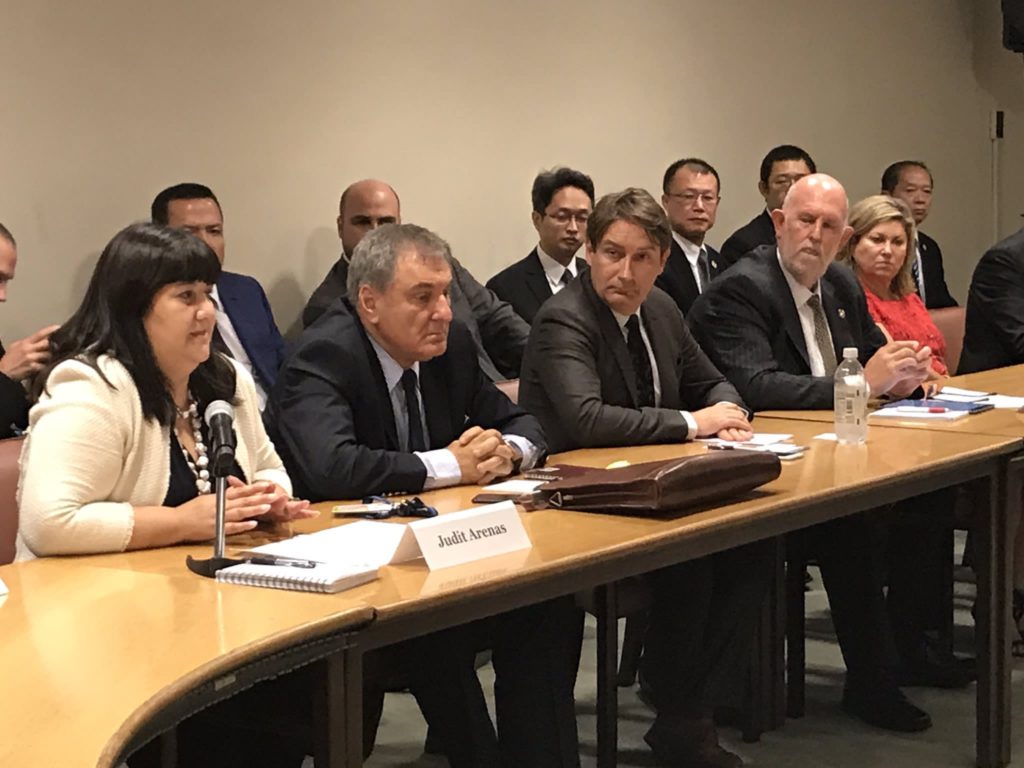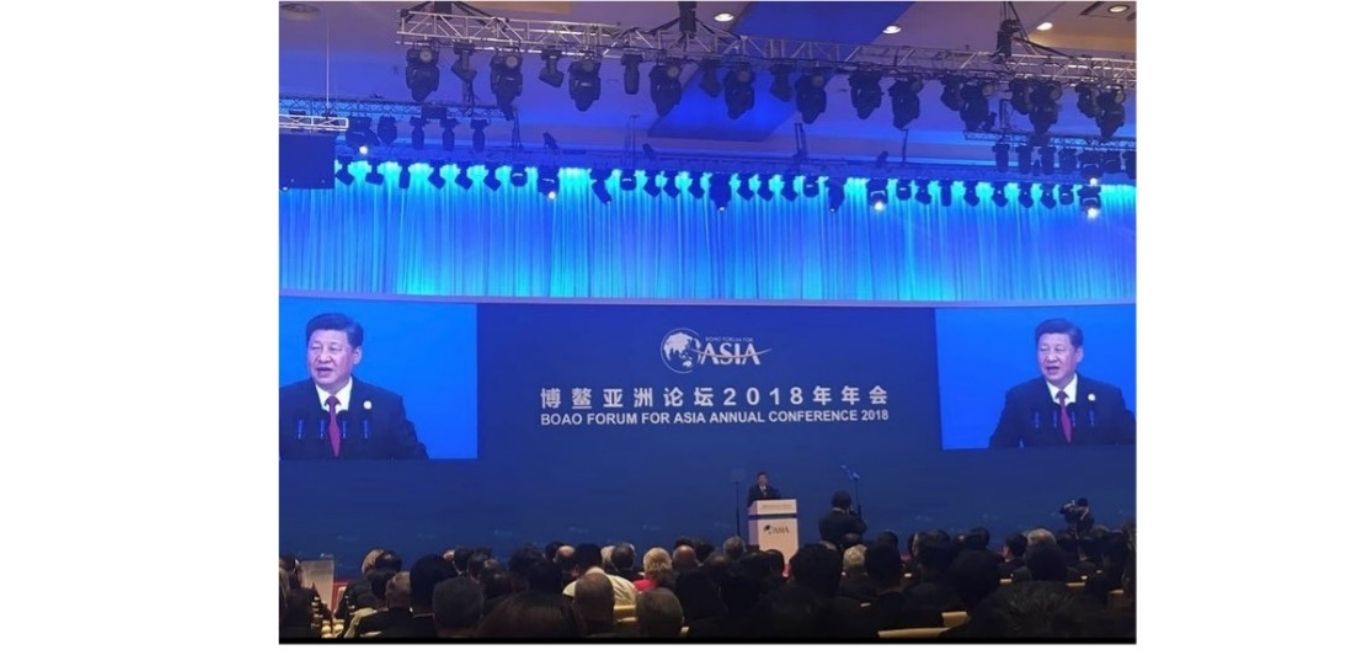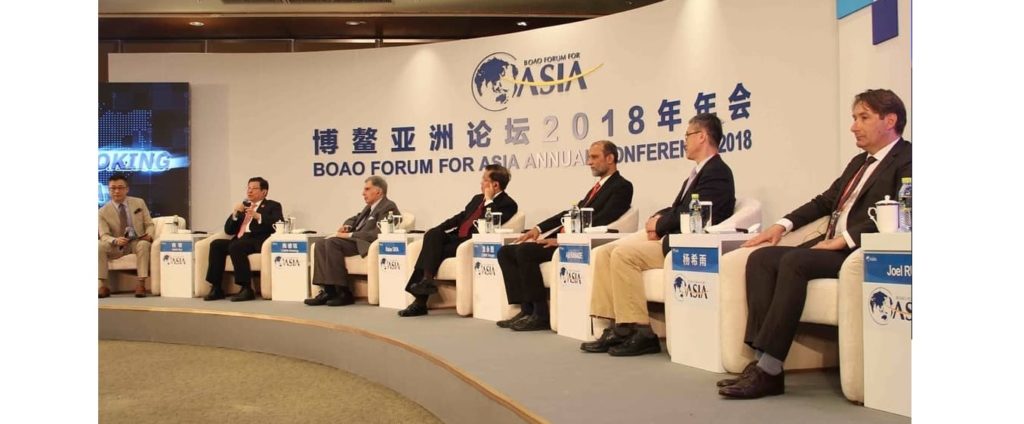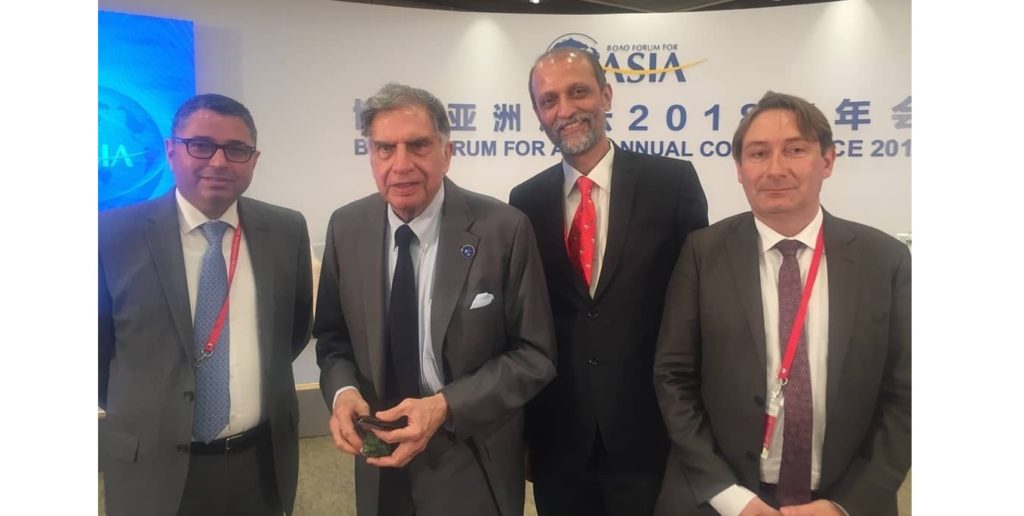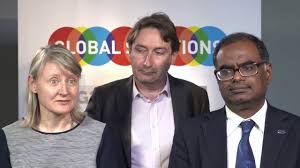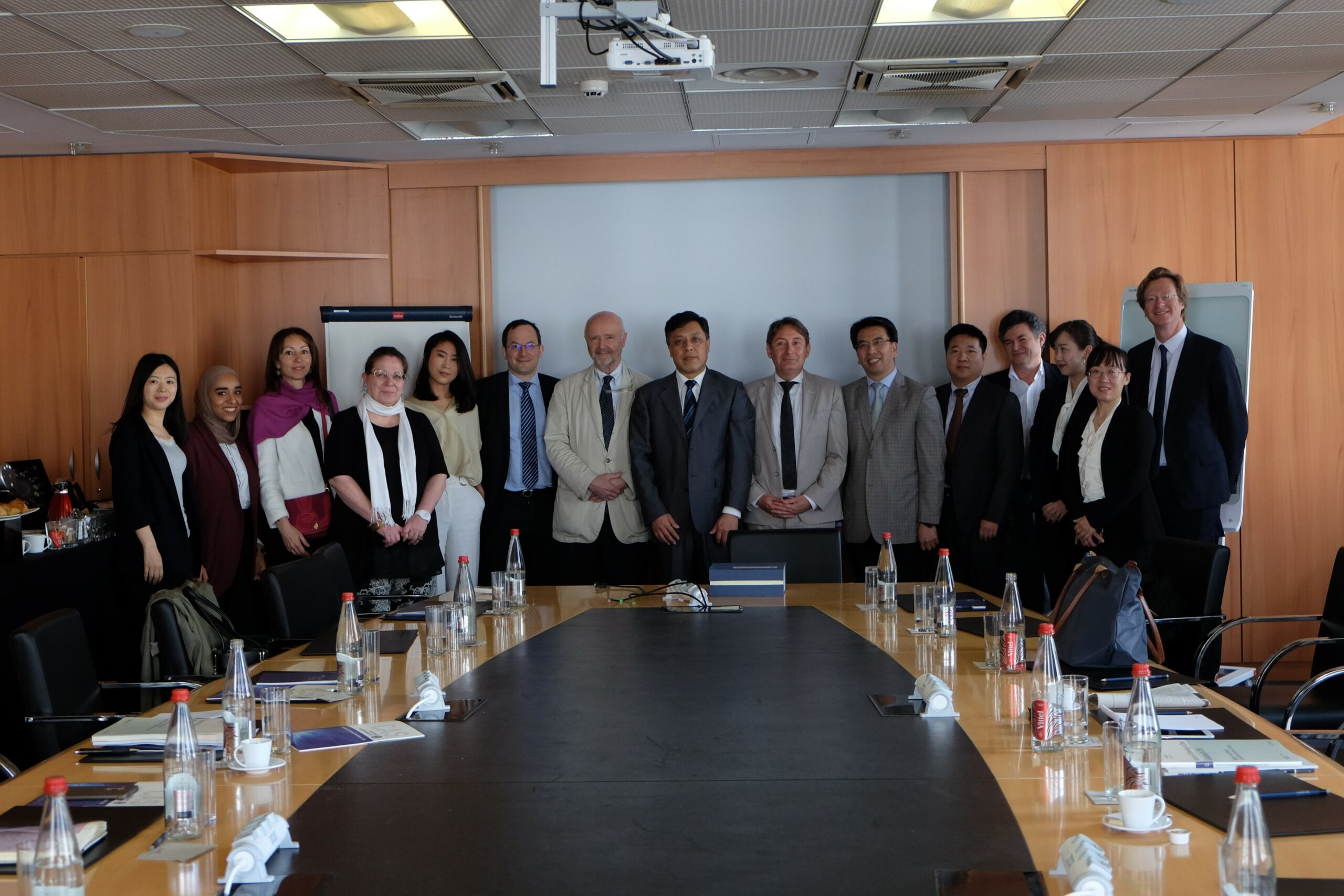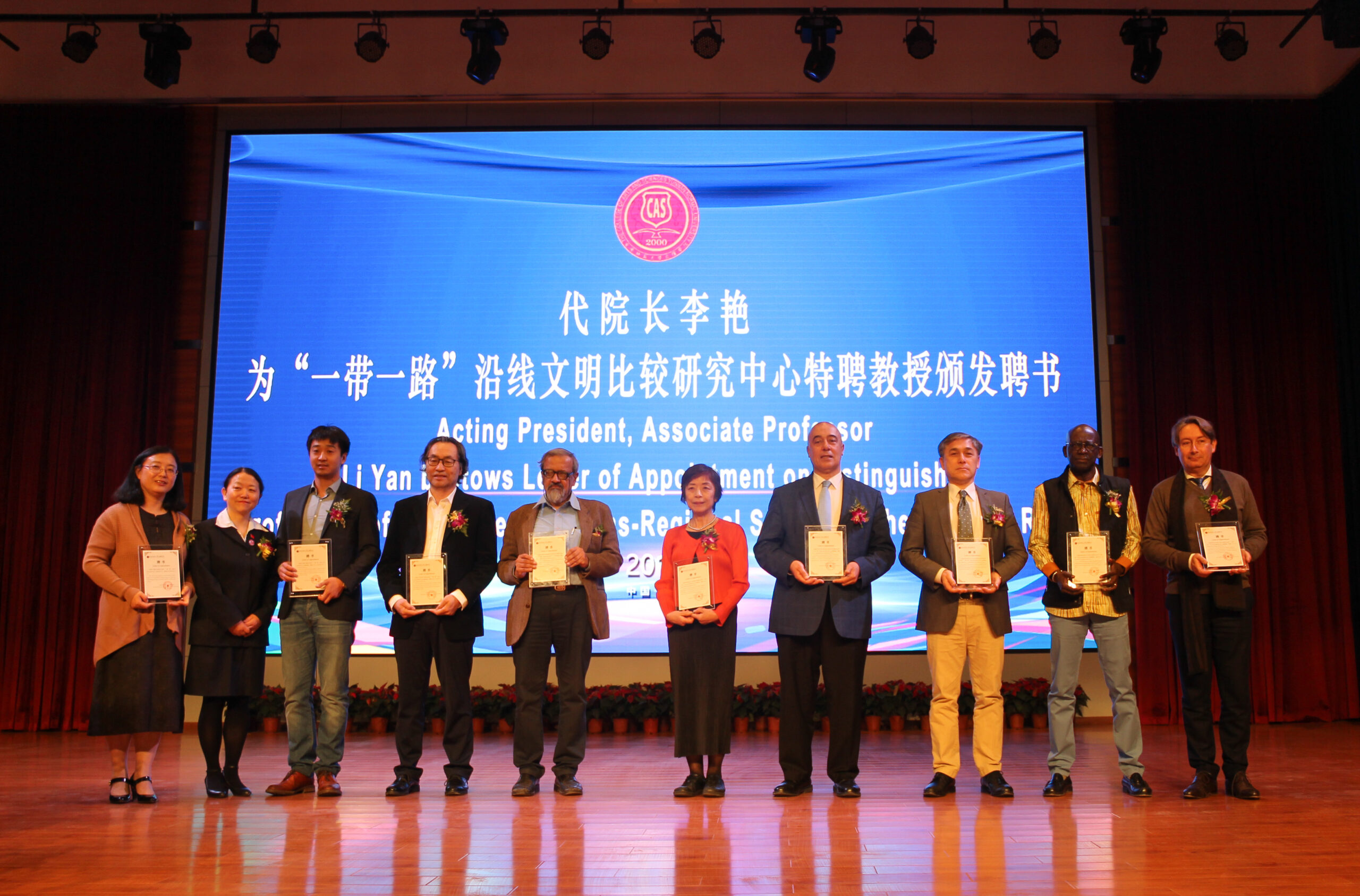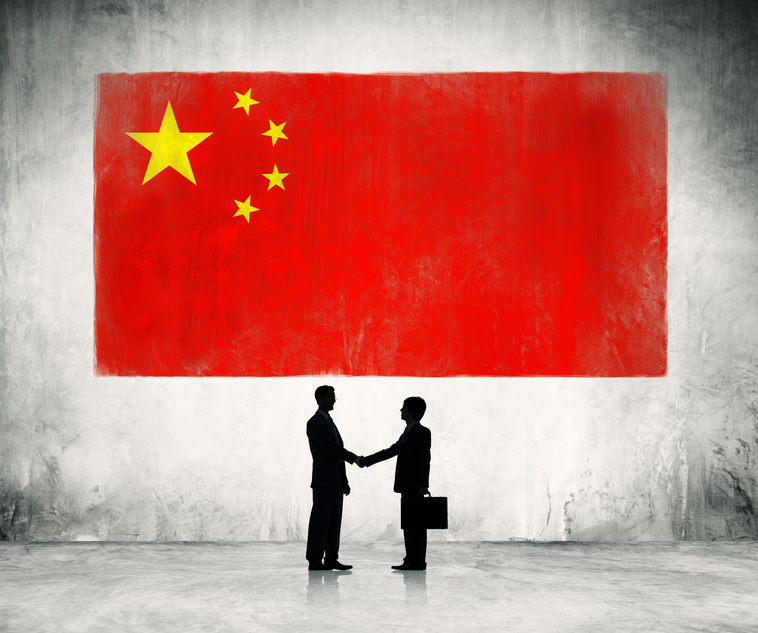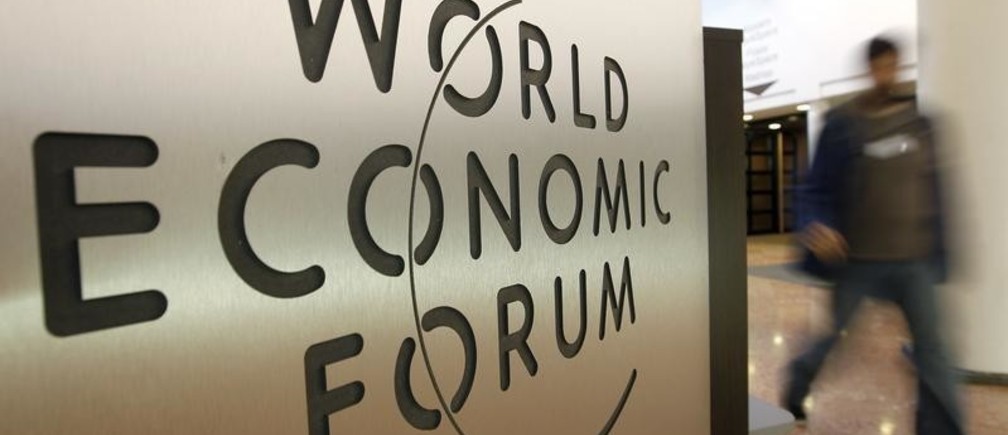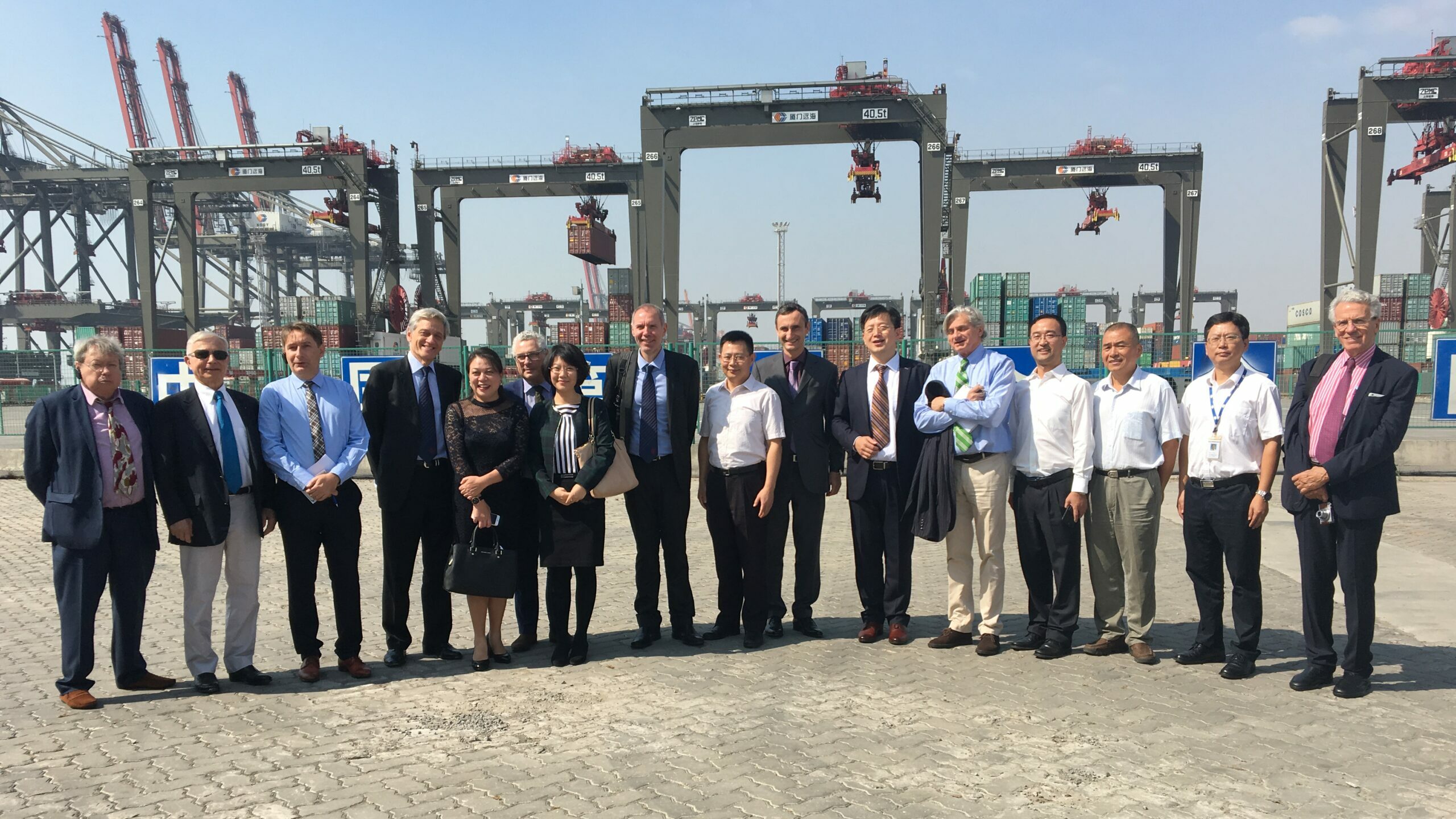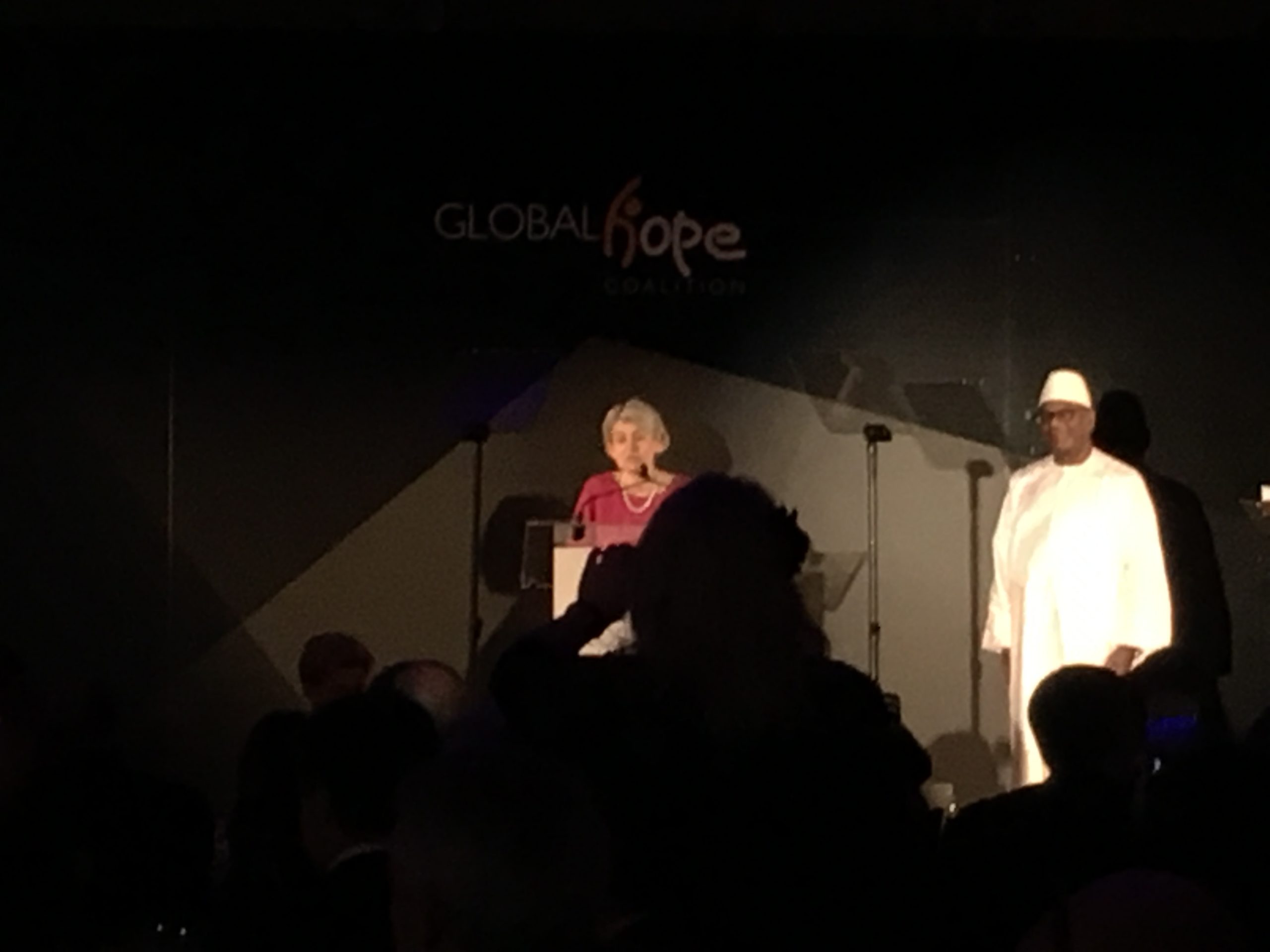T20/G20 Policy Brief : Innovative Green-Technology SMEs as an Opportunity to Promote Financial De-Risking
By Joël Ruet(The Bridge Tank and CNRS-CEPN), Elena Verdolini(FEEM and CMCC), Céline Bak(CIGI and Analytica Advisors), Anbumozhi Venkatachalam(ERIA)
“We recommend that the G20 target innovative green-technology SMEs as an opportunity to promote financial de-risking while addressing Paris Agreement commitments and UN Sustainable Development Goals. This should be achieved by creating signals for private investors through: (1) a reporting system that can help monitor the scale-up of green-technology SMEs; (2) the use of public funds to signal innovative green-technology SMEs to investors; and (3) the inclusion of SMEs in the design of green finance platforms. By implementing these recommendations, the G20 will ensure that innovative, low- carbon SMEs become attractive, low(er)-risk investment opportunities for the private sector.” Read more …
The Bridge Tank participates in the 2018 Horasis Global Meeting
Between the 5th and the 8th of May 2018, the Horasis Global Meeting was held in Cascais, Portugal. It was inaugurated by its founder and chairman Frank Jürgen-Richter, former right-hand man of the creator of the World Economic Forum Klaus Schwab.
The Bridge Tank takes part every year in the Horasis Meeting, as well as in the Horasis China Meeting and the Horasis India Meeting. In 2018, the think tank was represented by Joël Ruet and a member of the Bridge Tank’s board, Pranjal Sharma, advisor at the Davos World Economic Forum and contributing editor to Business Standard & Business World.
One of the keynote speakers was Brice Lalonde, former French Minister of the Environment and Assistant Secretary-General of the United Nations Conference on Sustainable Development. He notably discussed with Rajendra K. Pachauri, former president of the Intergovernmental Panel on Climate Change and Chairman of The Energy and Resources Institute. They were both speakers in a panel entitled: “Be Inspired – Tackling Climate Change”.
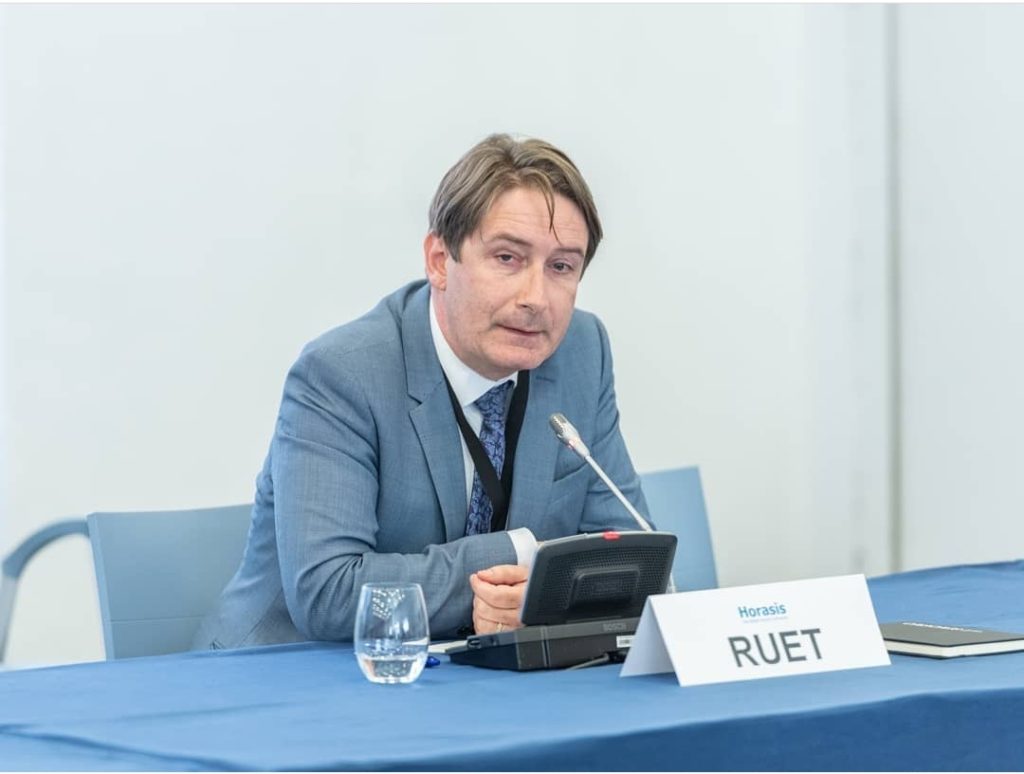
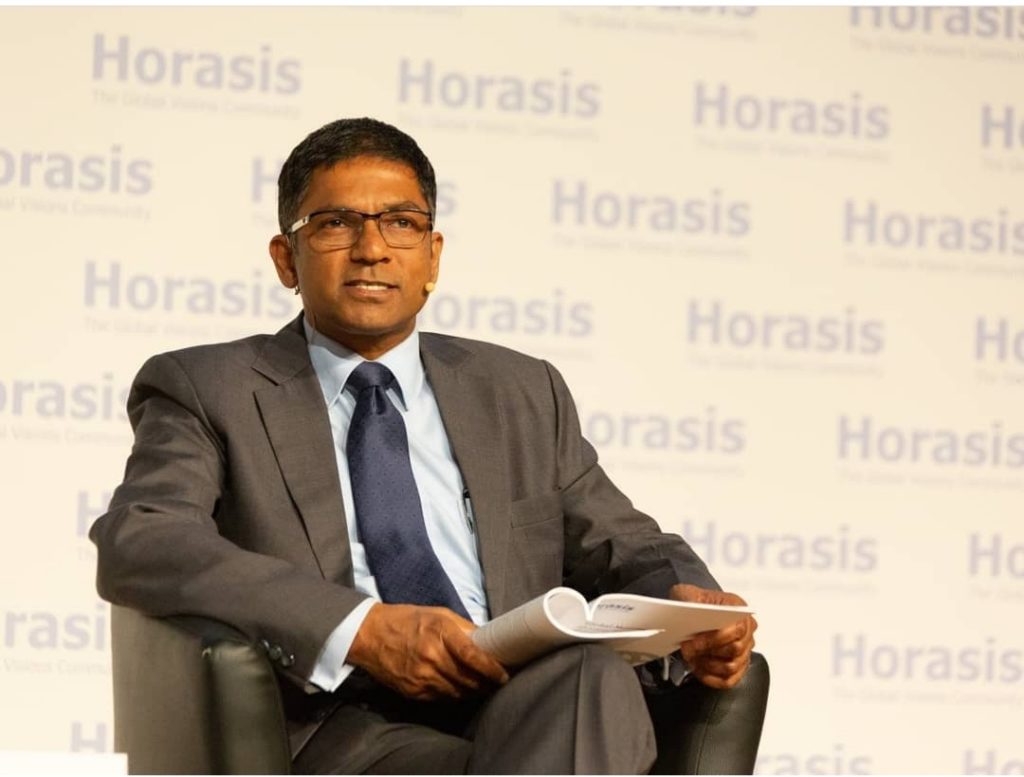
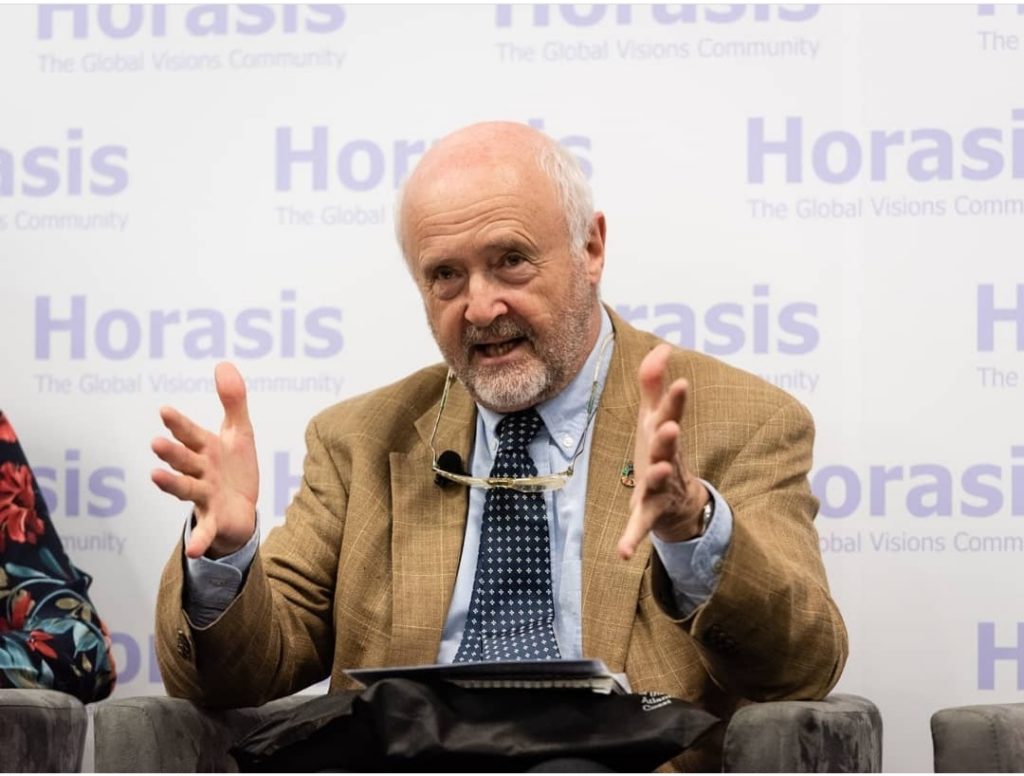
The Bridge Tank welcomes a delegation of the Chinese Academy of Sciences
On April 23-24, 2018, The Bridge Tank welcomed a delegation of the Chinese Academy of Sciences (CAS) to the Palais Brongniart. The delegation was led by the Director General of the CAS’s Institute of Sustainable Development (CASISD), Pan Jiaofeng. The CAS was created in 1949 by then Chinese Prime Minister Zhou Enlai and now gathers 106 research centres, 3 universities and over 50,000 academics and students.
A work session between the two institutions also gathered Brice Lalonde, former French Minister of Environment and former UN Assistant Secretary-General, Executive Coordinator of the UN Conference on Sustainable Development, our board members Guillaume Henry and Raphaël Schoentgen, CTO of Engie, as well as Catherine Girard from Renault and the Chinese Embassy to France’s Minister Counsellor on technology.
Following the meeting, Joël Ruet, President of The Bridge Tank, and Pan Jiaofeng signed a Memorandum of Understanding (MoU) between their two organisations. CASISD is the official institute in charge of issuing long term national research strategic plans to the State Council of China.
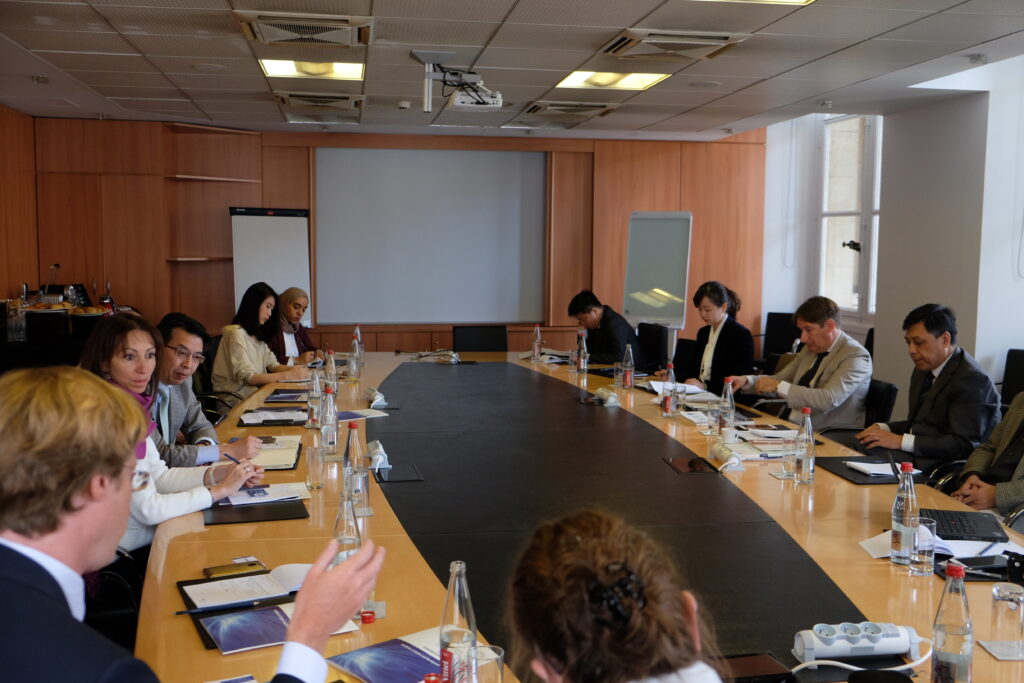
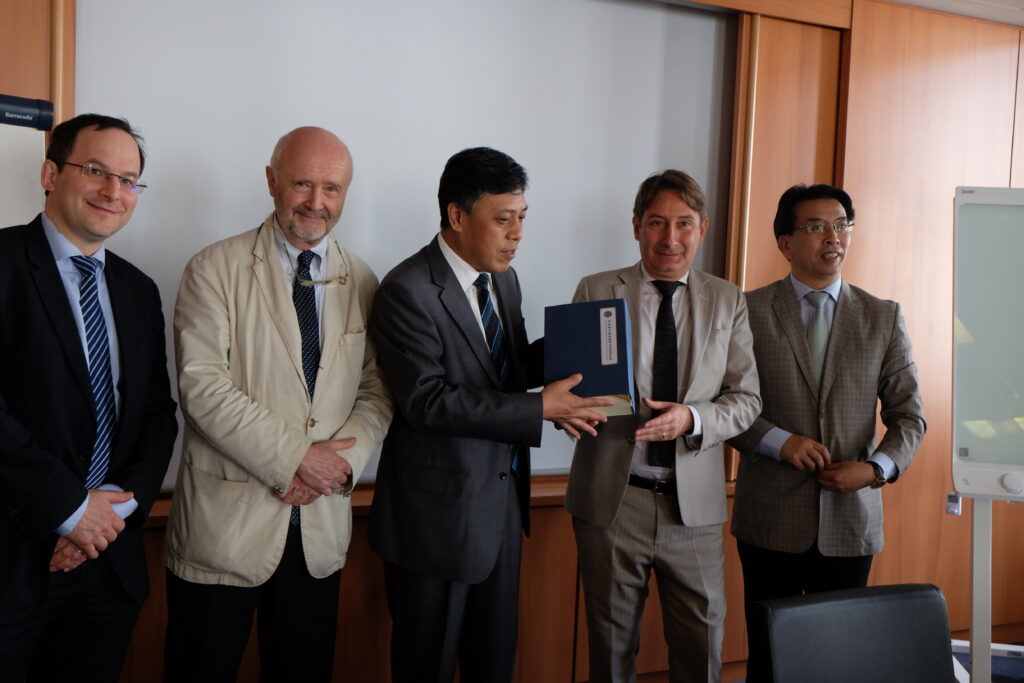
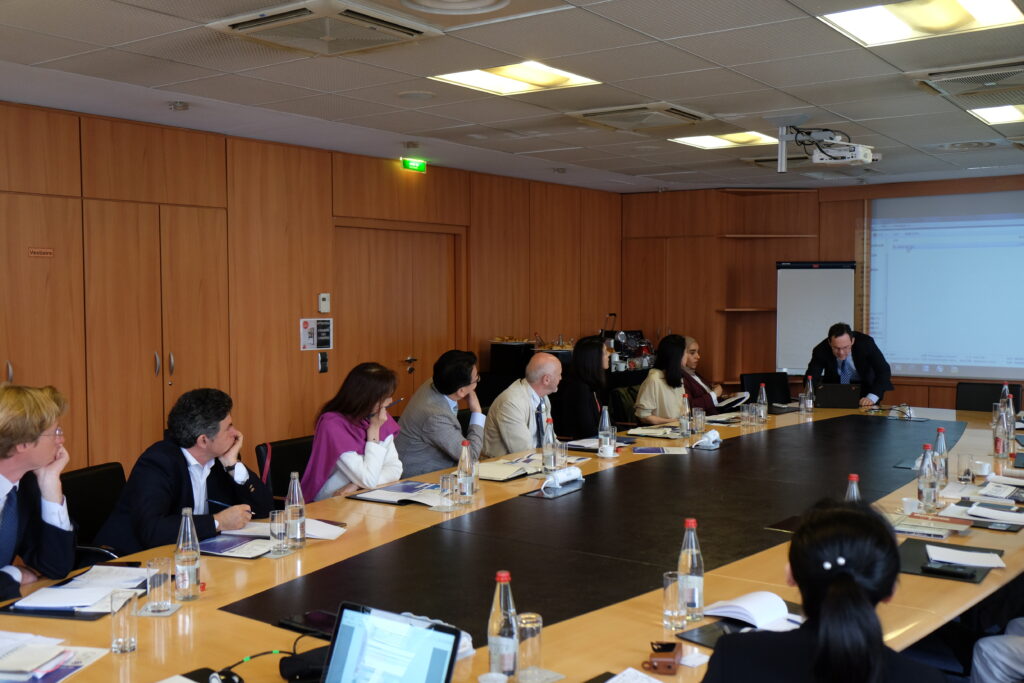
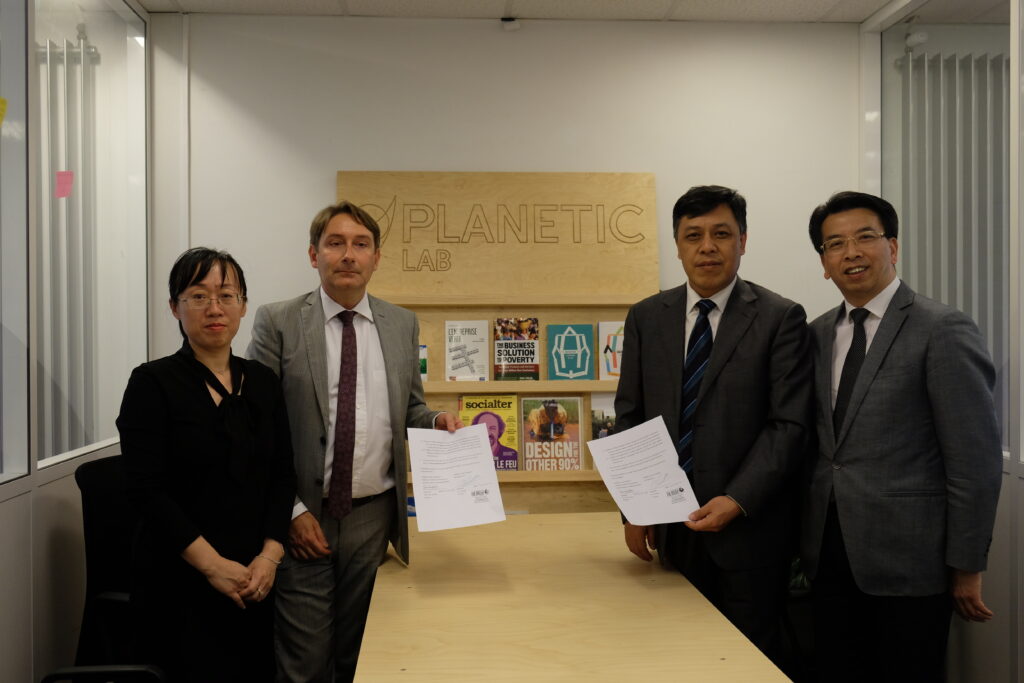
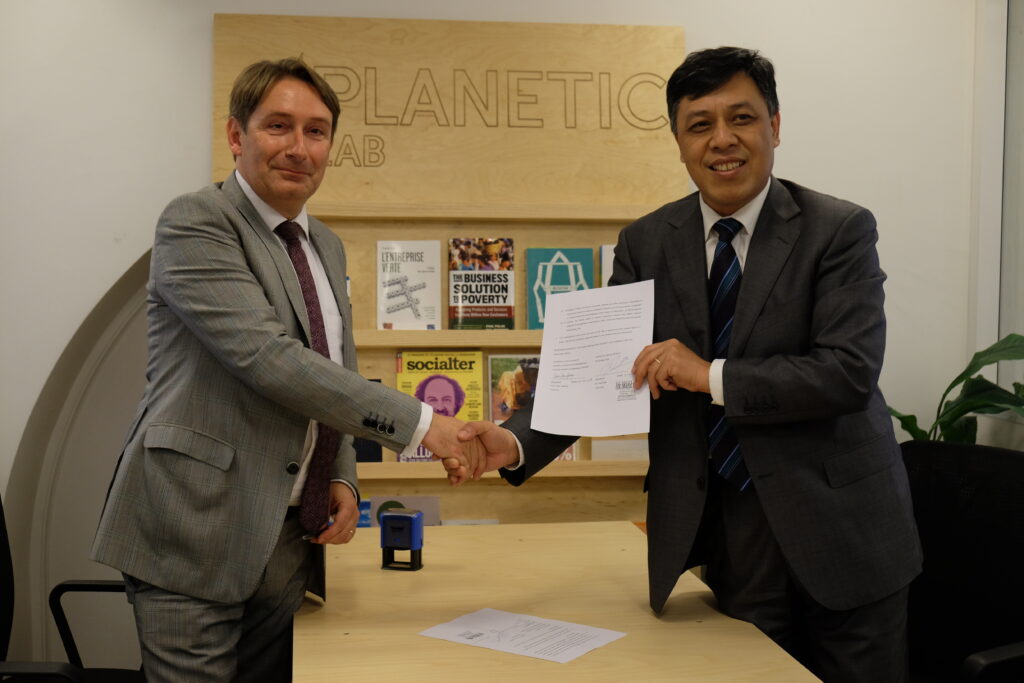
The Bridge Tank at the opening ceremony of the Center for Trans-Regional Studies of the Belt and Road Initiative
On April 14-15, 2018, Joël Ruet, President, The Bridge Tank took part in the annual conference on globalisation organised by Gayatri Spivak of Columbia University and Hari Vasudevan of Calcutta University. This year, the event was organised in partnership with the Kunming Academy in the Yunnan Province.
It was also there that the “Opening Ceremony of the Center for Trans-Regional Studies of the Belt and Road Imperative to Re-imagine the Silk Road” took place. As a partner of this initiative, The Bridge Tank was invited to the ceremony and Joël Ruet was appointed a member of the Center’s academic committee. The authorities of the Yunnan Province attended the inauguration. On the side of the Opening Ceremony, Joël Ruet gave a lecture at Yunnan Normal University.
The Opening Ceremony
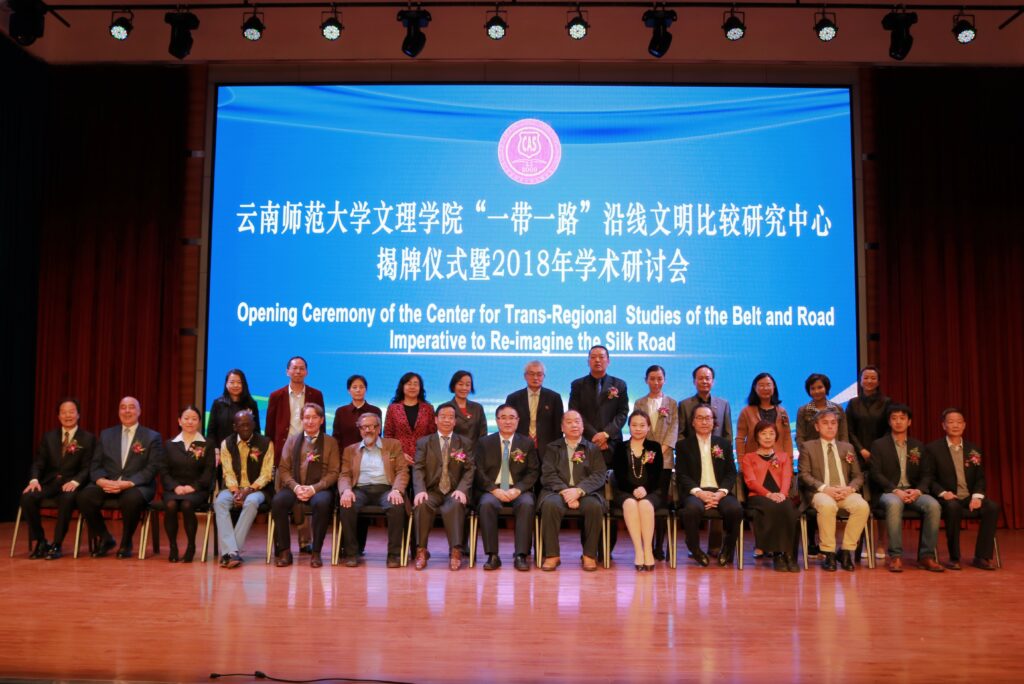
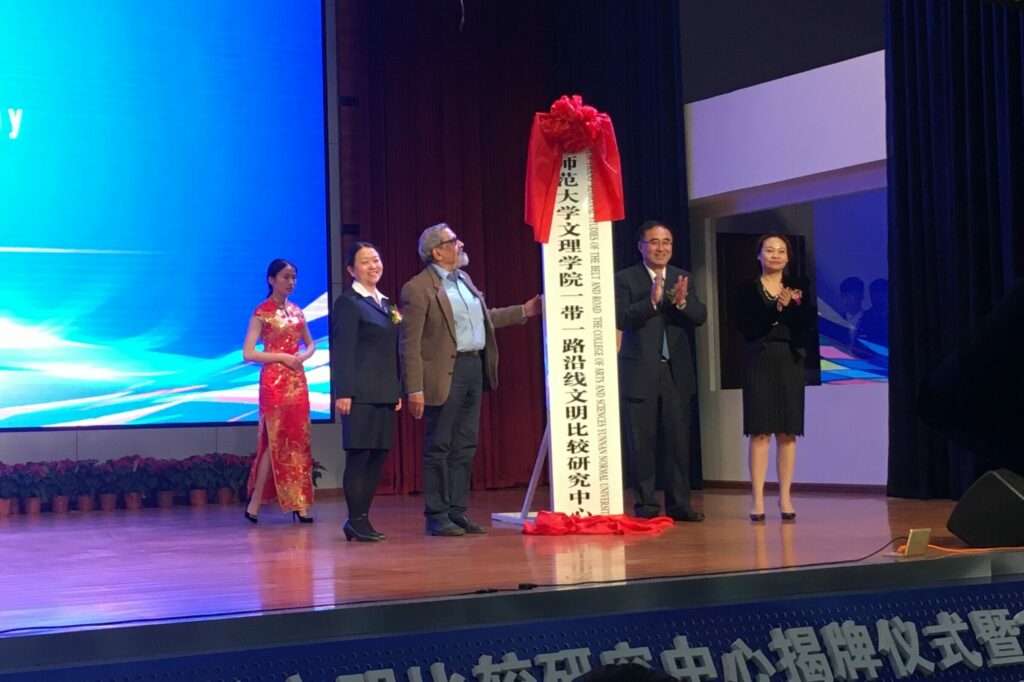
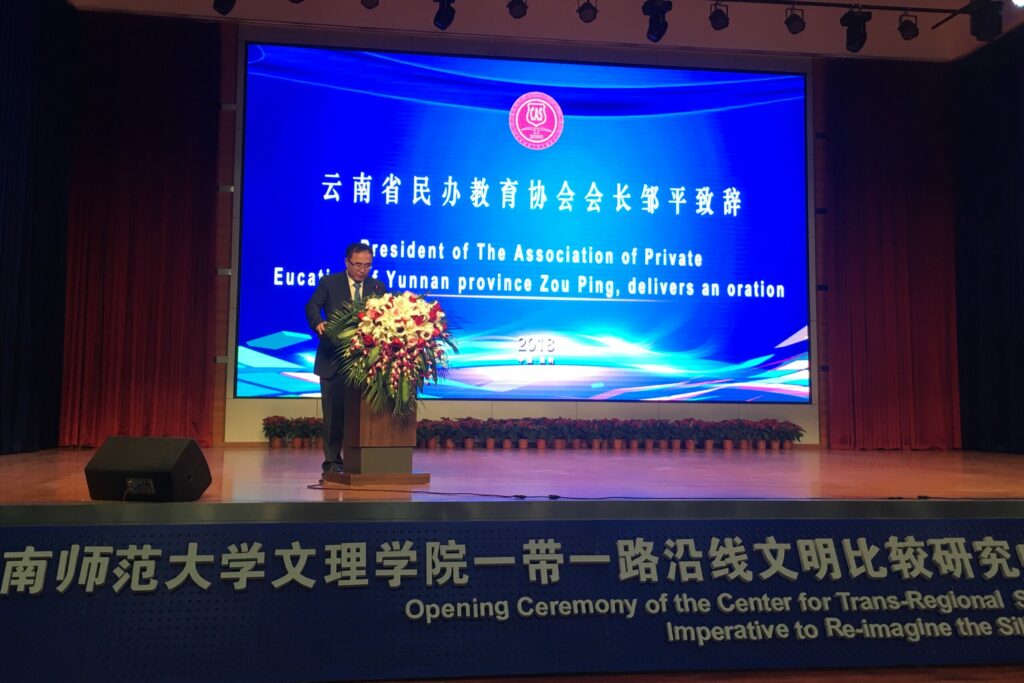
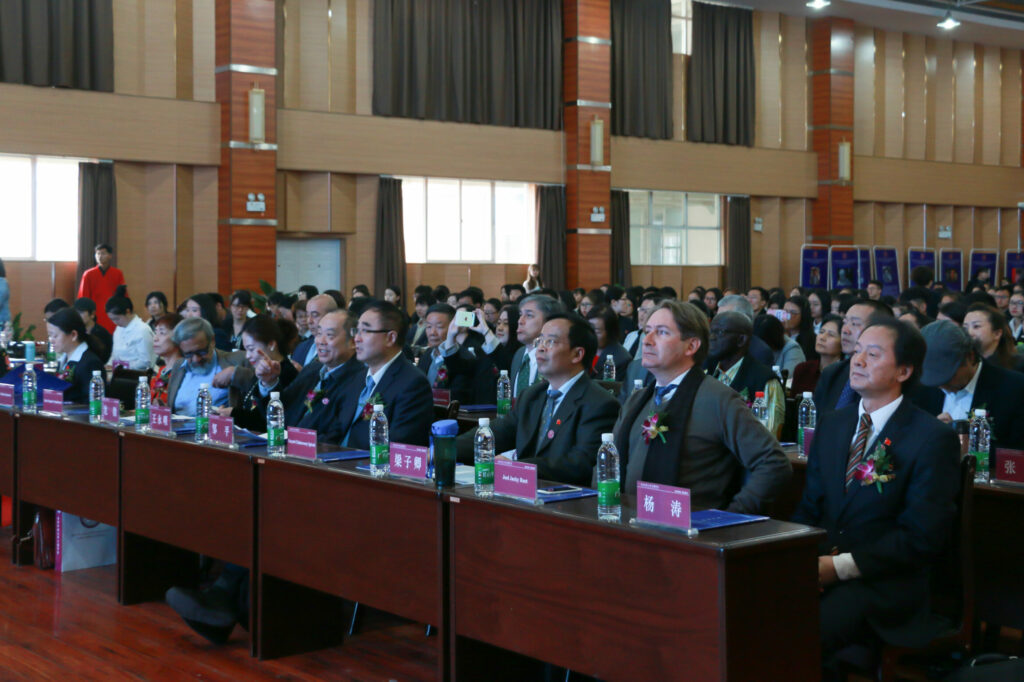
The Conference on Globalisation
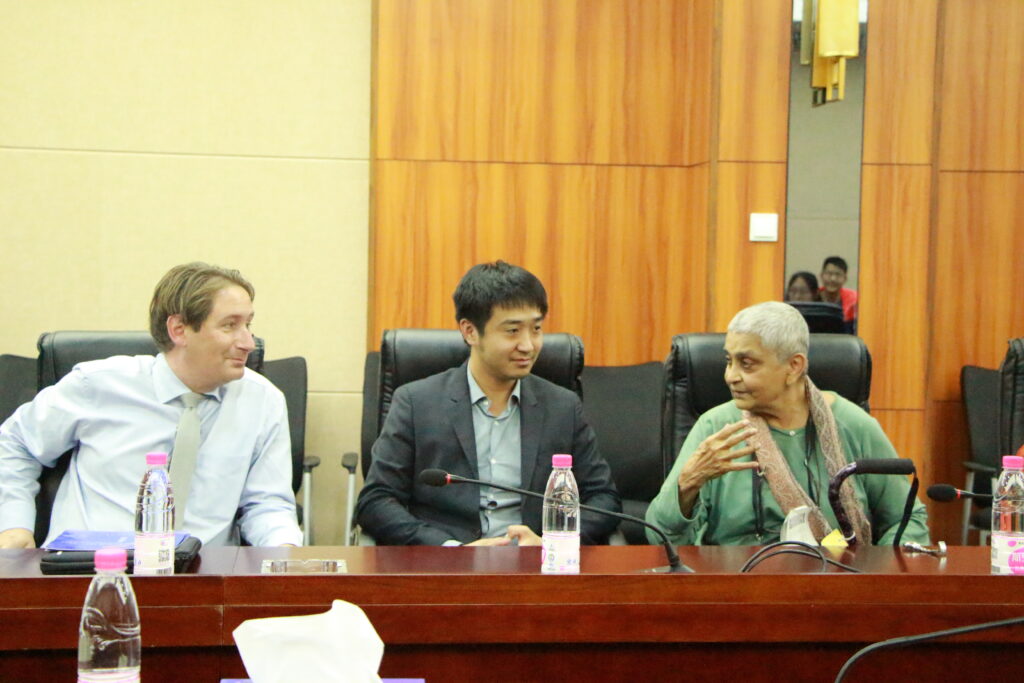
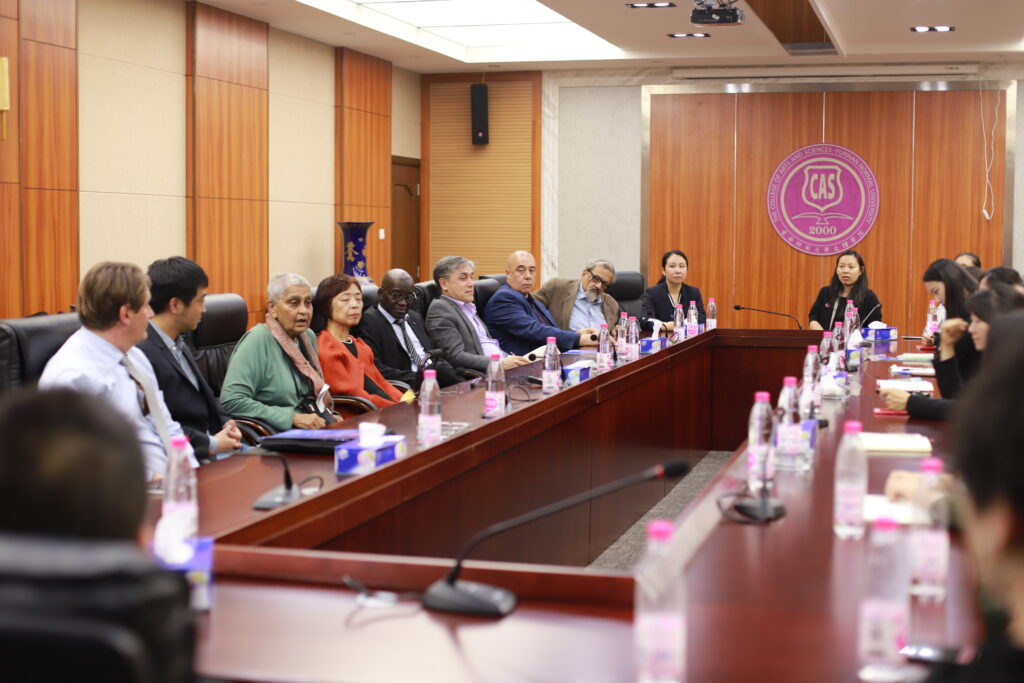
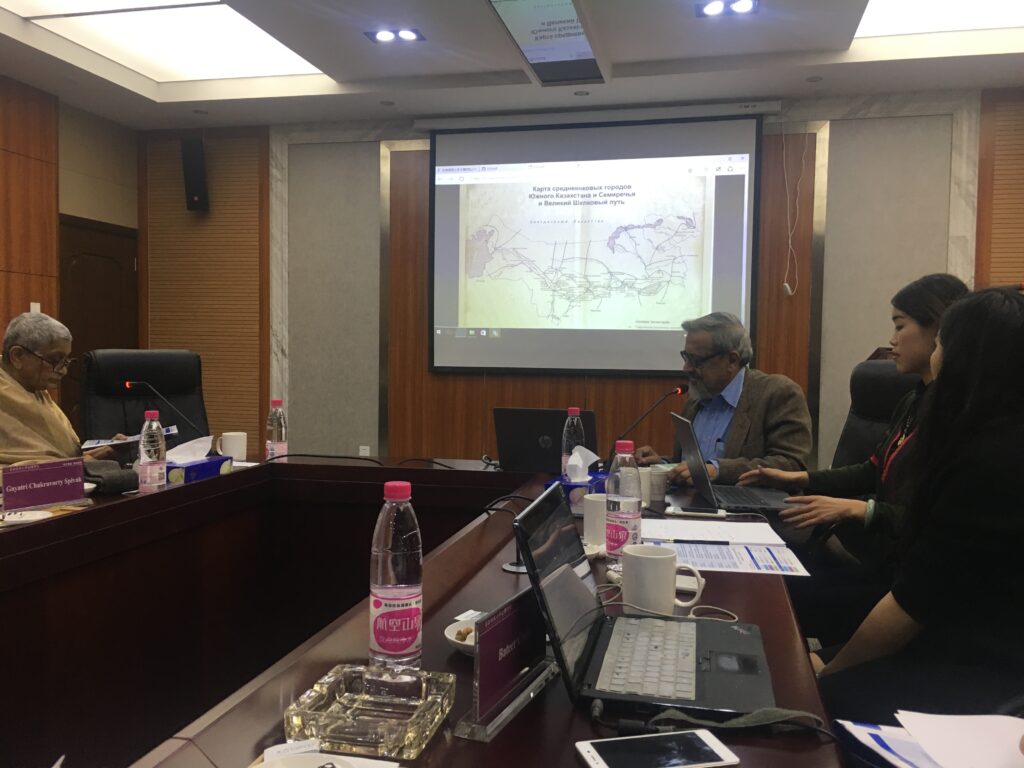
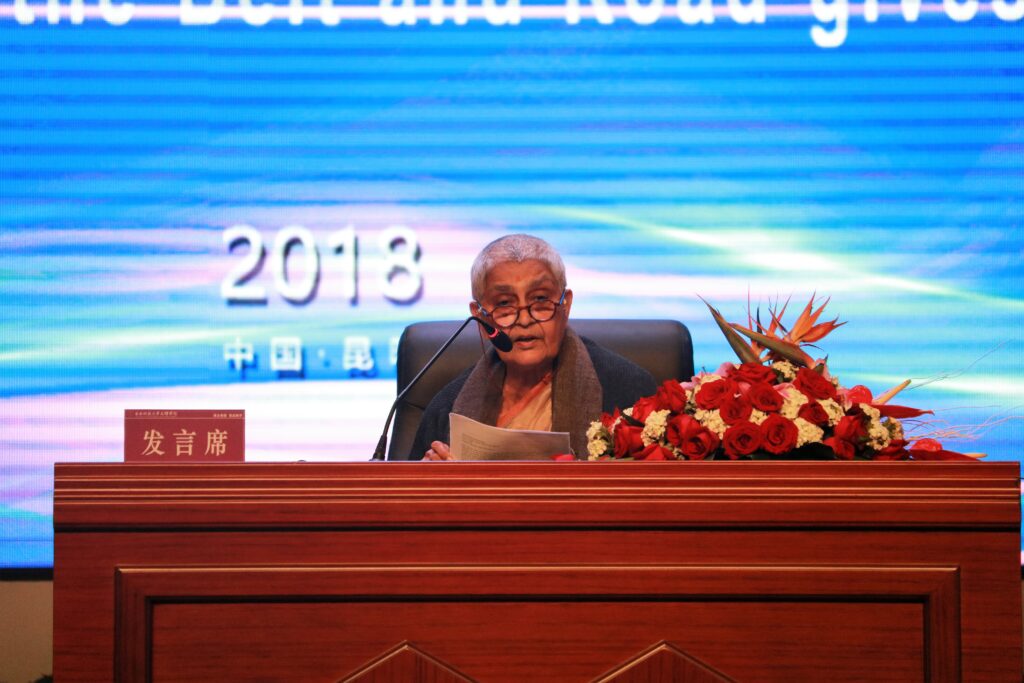
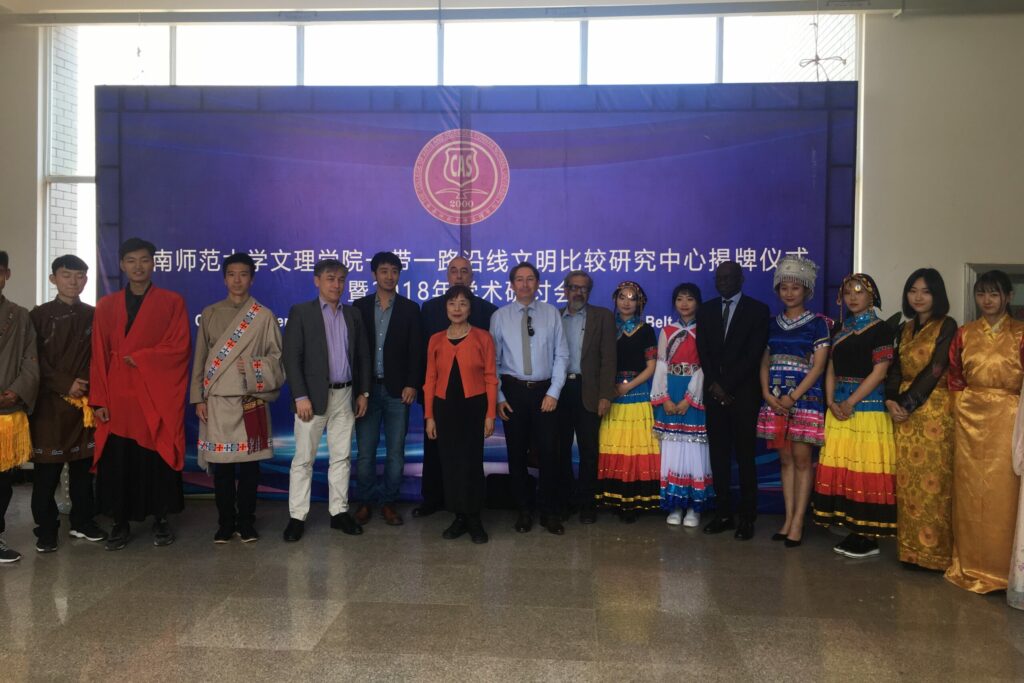
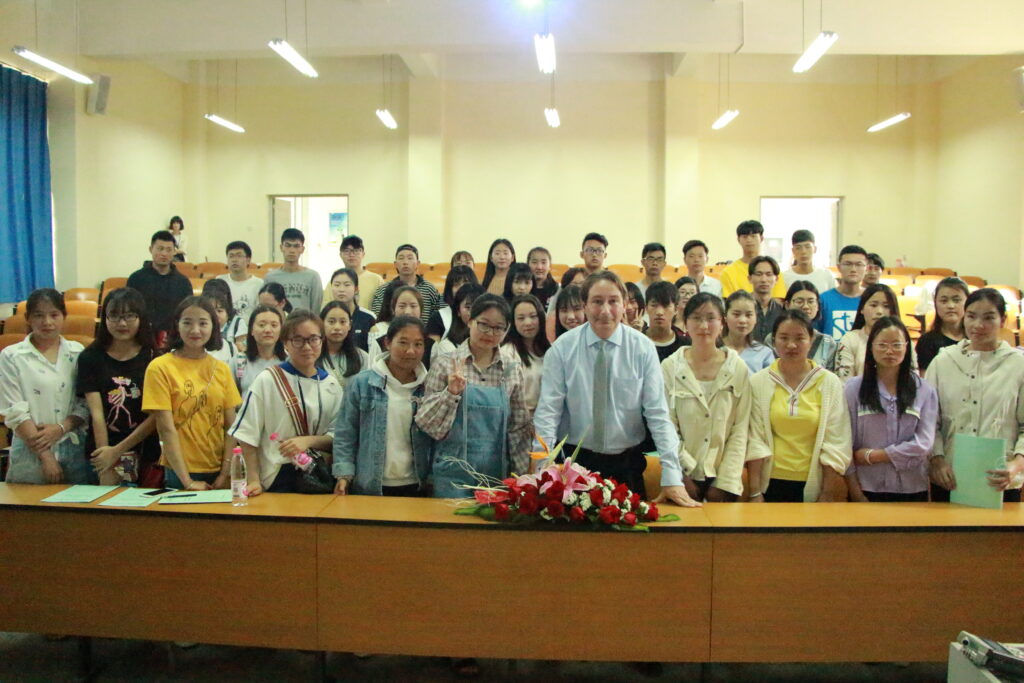
Research Paper: One Belt One Road and the Reconfiguration of EU-China Relations
At the 2017 Davos Economic Forum, Chinese President Xi Jinping emphasized the merits of globalization and called for more effective measures and structural reforms to establish equitable governance and build new growth models. The “One Belt One Road” (OBOR) initiative has been accelerated with the Chinese presidency of the G20 in 2016 and advocates more inclusive regional cooperation and offers ambitious plans to further tighten connections across the Eurasian and North African continents.
This paper highlights the reconfiguration of EU- China relations and explains the evolution of the trading flows between the two actors under the “One Belt One Road” initiative.
The Bridge Tank attends the Davos World Economic Forum 2018
The Davos World Economic Forum 2018 took place between the 23rd and the 26th of January, dedicated to subjects such as emerging powers in the global economy, sustainable development, special economic zones, green and sustainable investments, as well as education.
The Bridge Tank, represented by its president, Joël Ruet, attended several key events:
- The UNCTAD (United Nations Conference on Trade and Development) working lunch during which he spoke with the UNCTAD Deputy Secretary General Isabelle Durant, and the Indian State Secretary for Special Economic Zones.
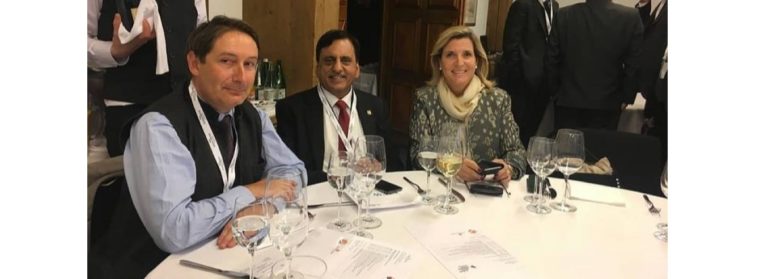
- The launch of the AfroChampions Initiative, a platform devoted to the promotion of African homegrown companies and providing support to emerging African multinationals. Among the keynote speakers present were its cofounders: Samba Bathily and Thabo Mbeki (former South African President), Guinean President Alpha Condé, Mauritian President Ameenah Gurib-Fakim and the President of Zimbabwe Emmerson Mnangagwa.
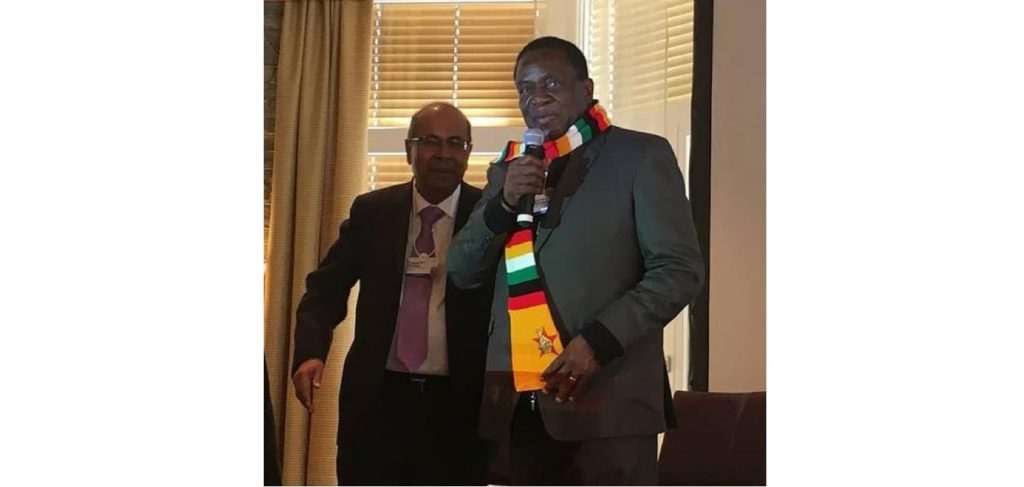
- A Davos side event organized in partnership with the Kingdom of Saudi Arabia, attended by the Prince Turki bin Saud, chair of the executive committee of the Prince Mohammad bin Fahd Foundation for Humanitarian Development, and Jacques Attali, former head of the European Bank for Reconstruction and Development and of the bipartisan “Attali Commission”.
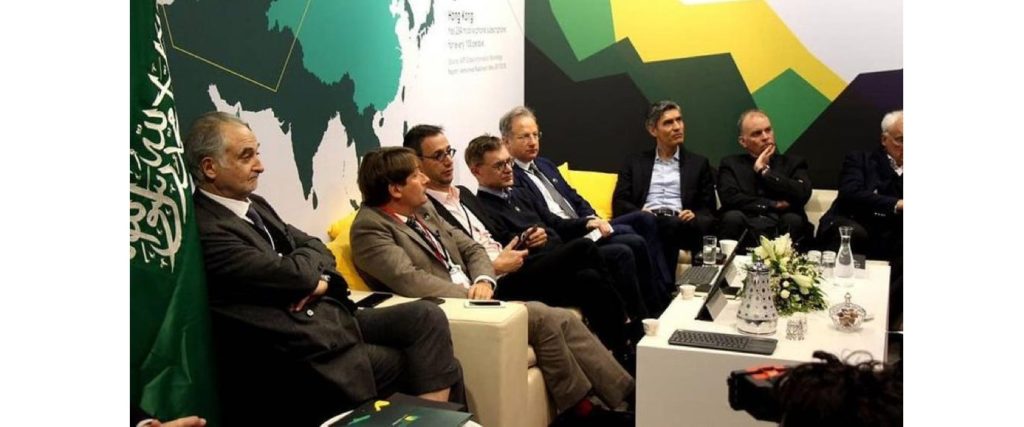
- The Next Einstein Forum, aimed at promoting science and teaching science in Africa. Dr Tolullah Oni spoke notably on public health, in line with the theme of the conference: ‘Creating a Shared Future in a Fractured World’.
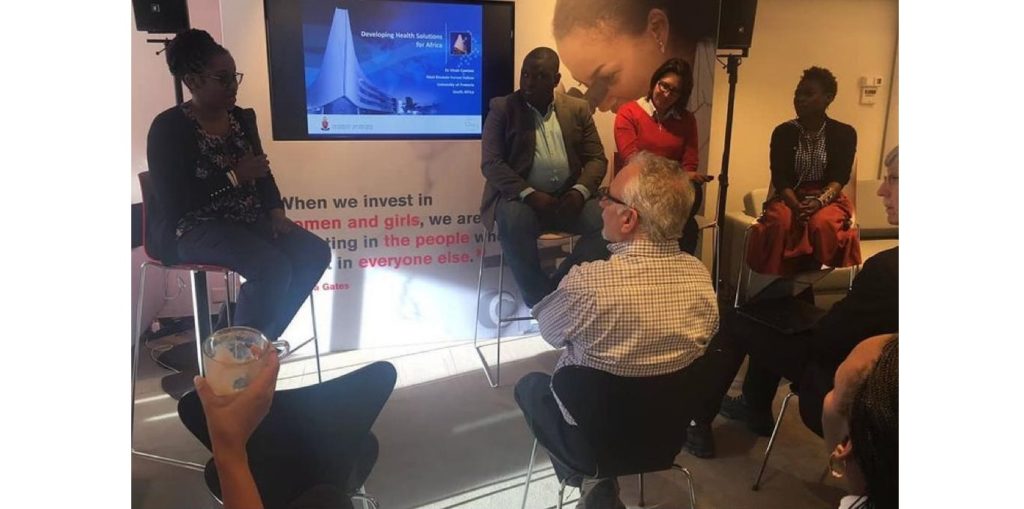
Policy Brief: Transfers of Knowledge & Technology : the ultimate Development Challenge and key role of Entreprises
Technology transfer, coupled with the formation of knowledge, has long been an objective targeted by development policies. Issues related to climate and environmental transitions have reinforced the perception of the importance of technology transfer from the North to the South as a means to clean development. The Clean Development Mechanism (CDM) of the Kyoto Protocol is the main tool of climate finance. Implemented in 2005, it aims to orchestrate this transfer of clean technologies. Criticized for its ineffectiveness, its mitigated success is above all a reminder of a truth that has been known for a long time: the technological absorption capacities of territories are more important than the technologies themselves. A strategy of development through technological diffusion cannot therefore ignore the support given to local economies and their enterprises – the support for the development of the market and probably also the support for the development of intellectual property regimes that underpin knowledge transfer to developing economies.
These last two points are necessary to articulate a healthy relationship between international technology-providing companies and local recipient companies and in build a framework that aids in appropriating, adapting and disseminating them … a necessary condition for the success of “technological seeding”.
Our recommendations are based on a logic spontaneously implemented by the countries that have been most effective in capturing the CDM “manna”: China, India and Brazil have been able to orchestrate their markets and, through generous offers in kind, to free themselves from the stakes blocking intellectual property elsewhere.
Belt & Road Initiative : The Bridge Tank part of a study tour to China
In November 2017, a Belt and Road Initiative study tour to China was organised by the Chinese Embassy in France. It gathered a delegation of 10 French personalities, which included Joel Ruet, President of The Bridge Tank, political decision makers, journalists and former general officers of the armed forces.
This delegation, led by former French deputy secretary-general of the President and former Minister Frédéric de Saint-Sernin and organised in partnership with General Eric de la Maisonneuve (Ret.), notably included General Jean-Bernard Pinatel (Ret.), Alain Frachon, journalist for Le Monde, Damien Cesselin, director of the drafting group of the French Parliament, and Emmanuel Hache, researcher at IFPEN. The delegation spent a week in China and visited four cities: Beijing, Xi’an, Xiamen and Shanghai. The tour allowed for discussions with members of official institutes specialised in different subjects: from the leading Chinese Foreign Studies Institute (the China Institute of International Studies) to the National Development and Reform Commission, ranging through diverse financial organisations in charge of funding and promoting the Belt and Road Initiative, like the new Silk Road Fund, the AIIB, or the top executive team of the Bank of China.
The delegation was welcomed in Beijing by the head of the Chinese Foreign Affairs’ Europe Department, in Xi’an and the Shaanxi province by provincial authorities, in Xiamen by the Vice Mayor, and in Shanghai by the municipality.
The delegation exchanged with officials about the integration of the Belt and Road Initiative to the global economy, the position of Chinese financial institutions in Africa, as well as on financial and industrial relations between French and Chinese economic sectors. Visits included some on site learning, notably in Xiamen’s automated harbor, and in Xi’an’s railway interconnecting platforms. Xiamen is one of the top three historical special economic zones of China.
Pictures from the study tour
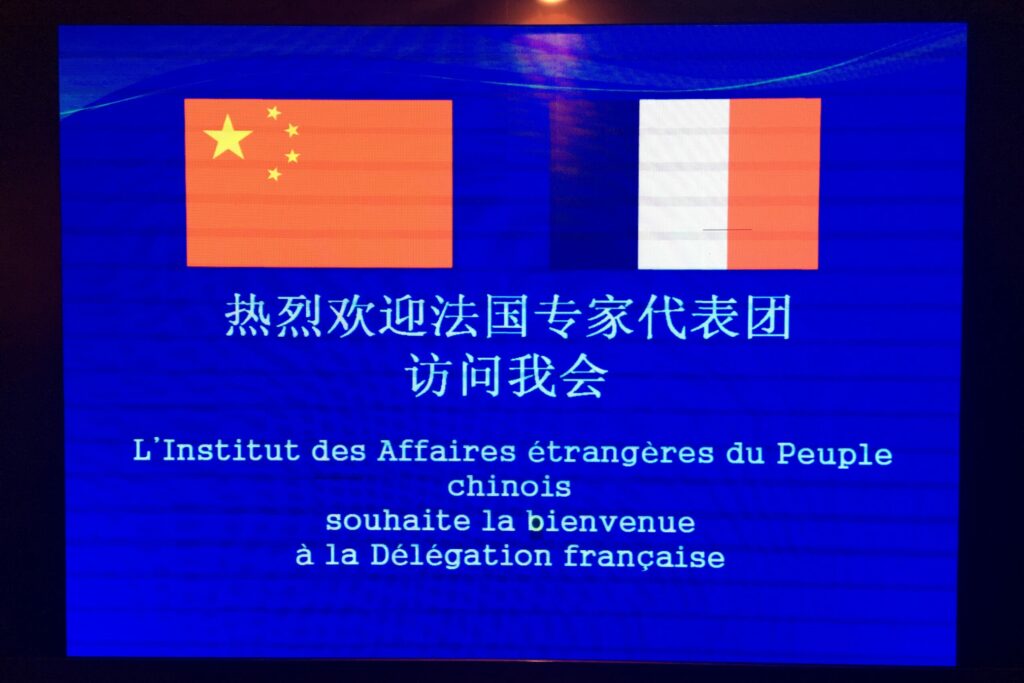
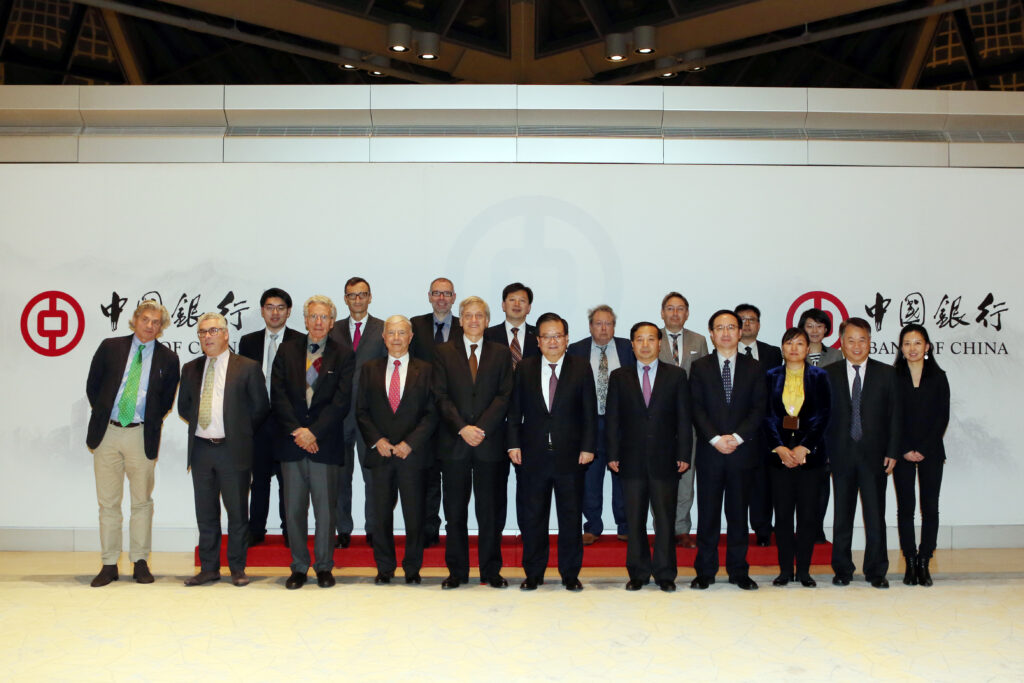
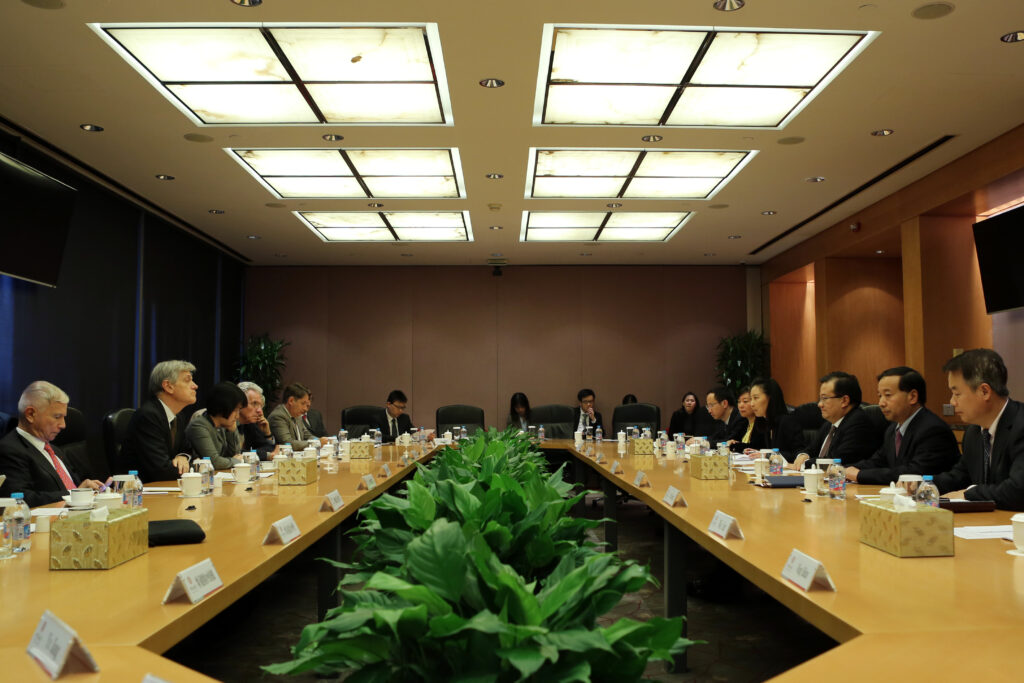
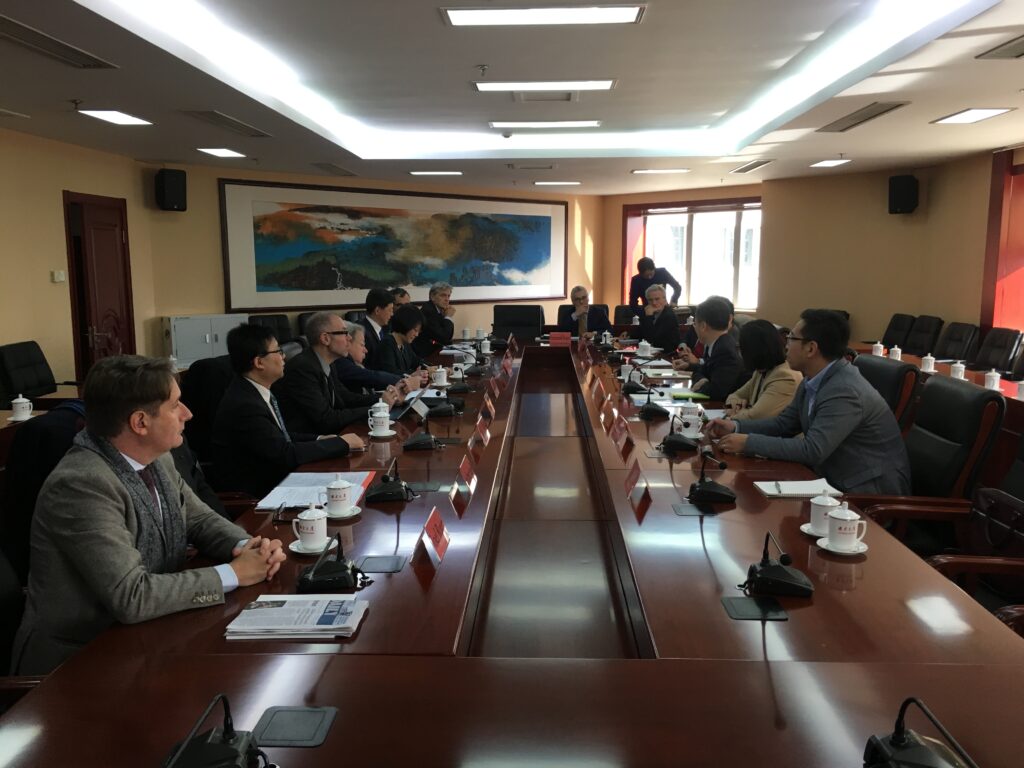
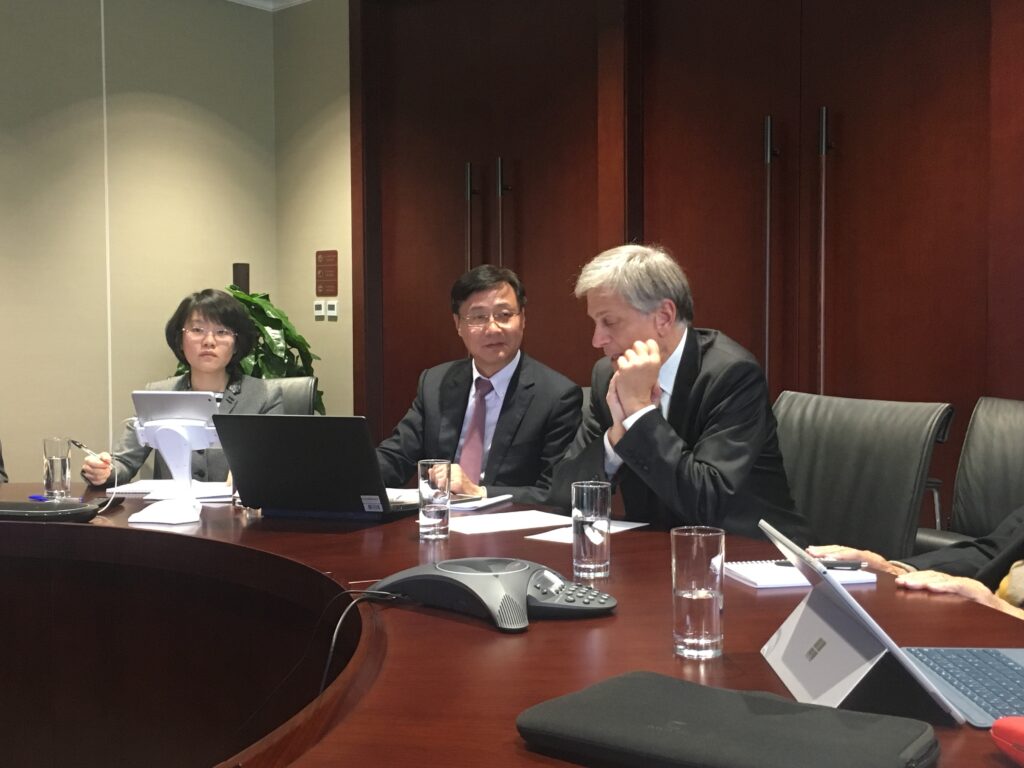
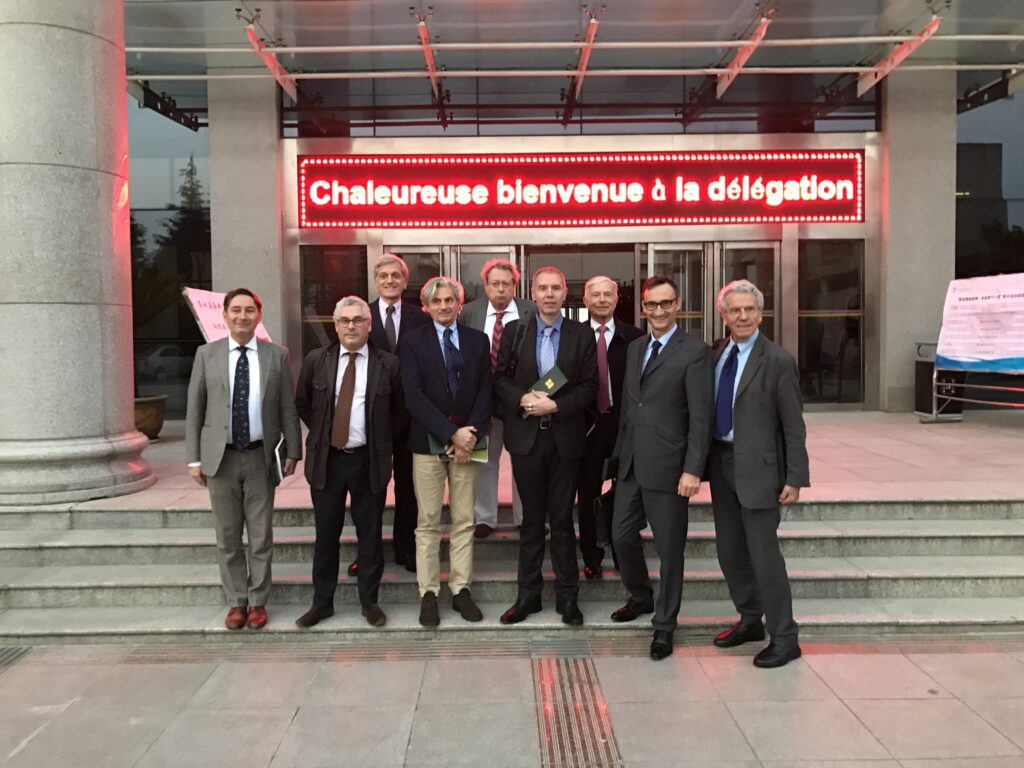
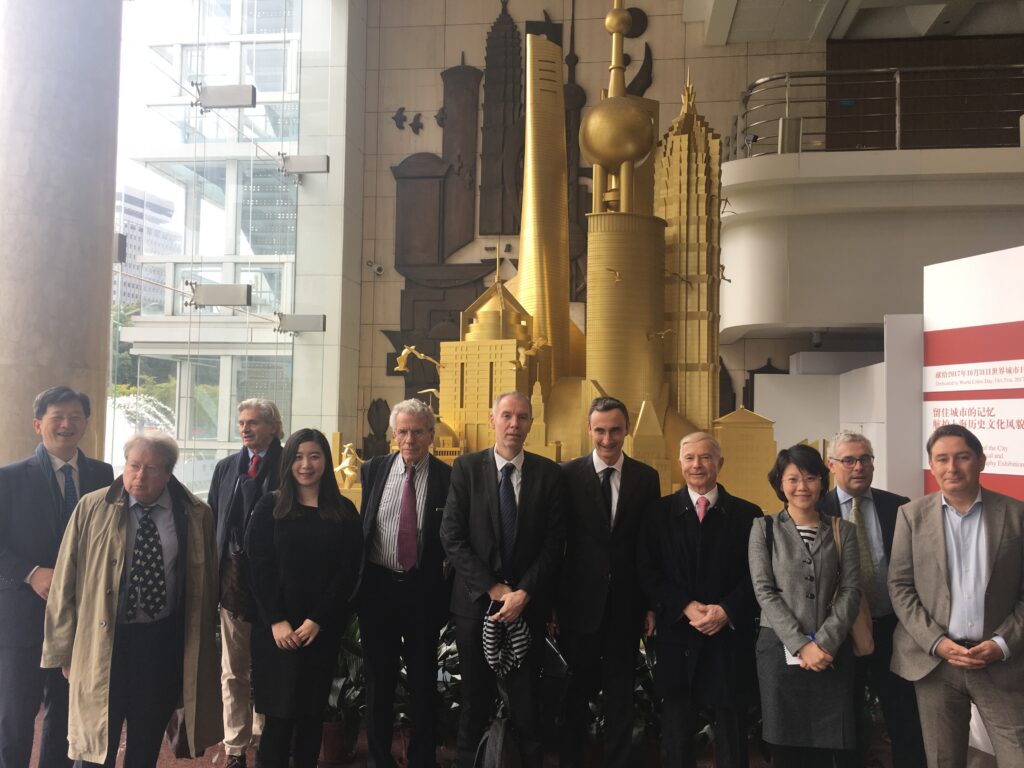
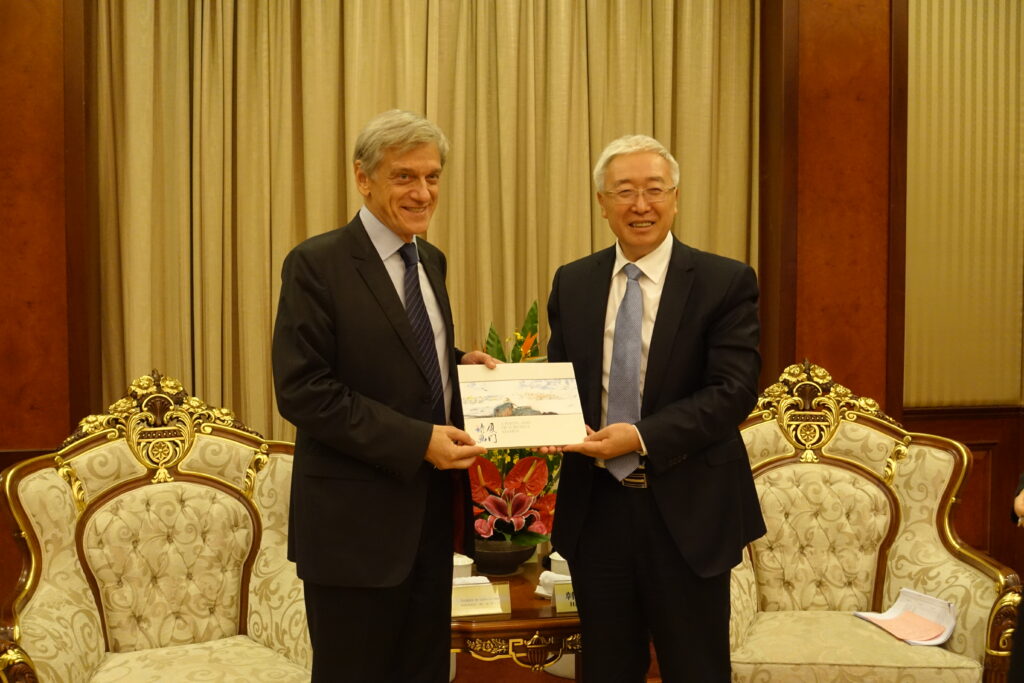
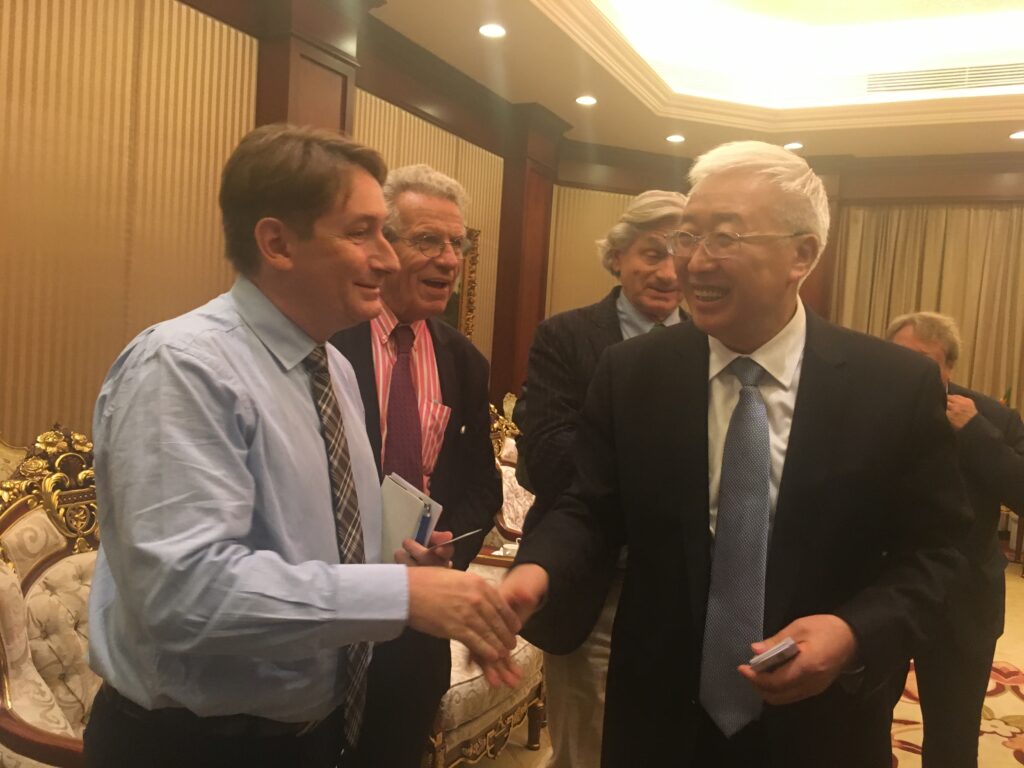
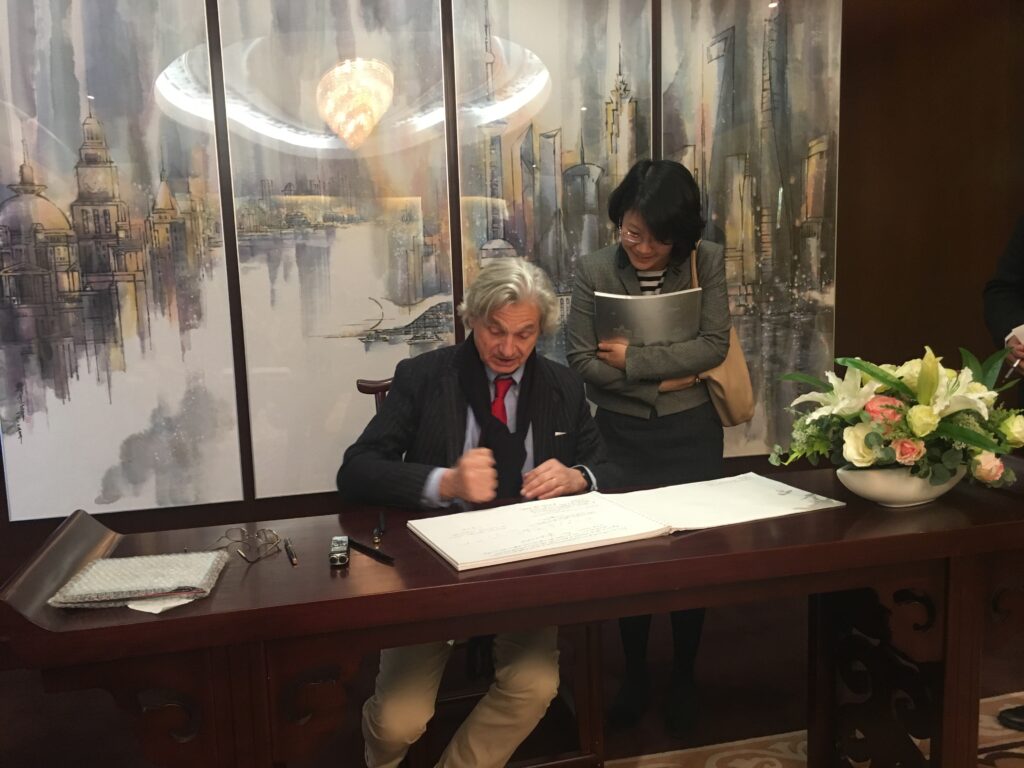
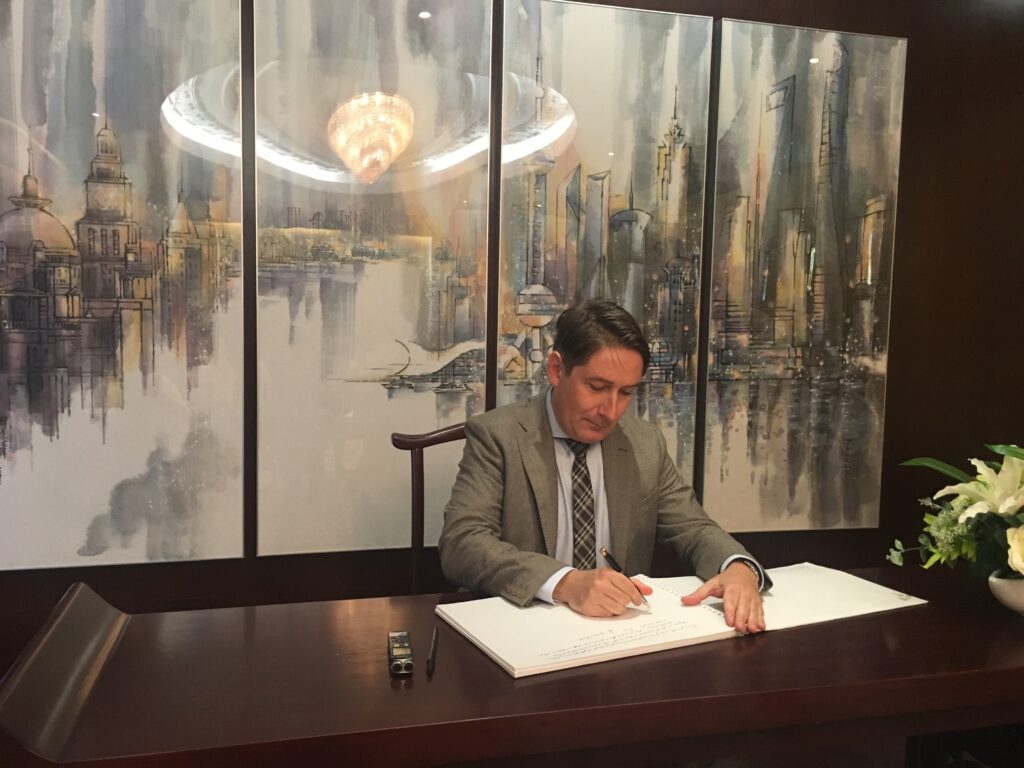
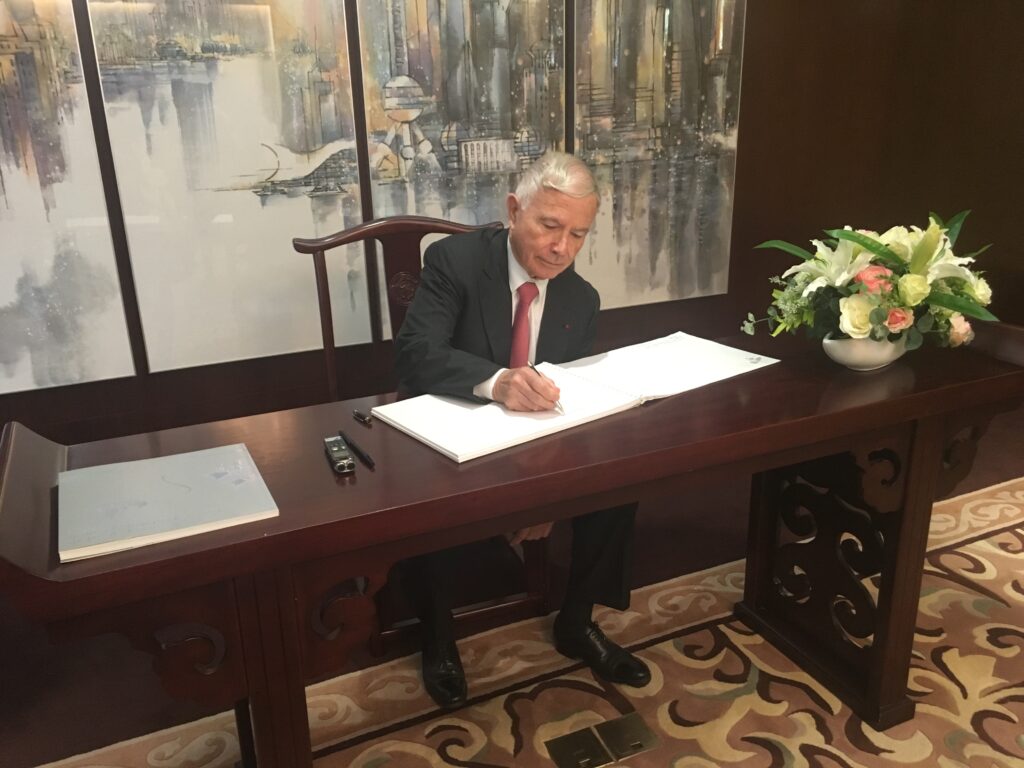
Xiamen Harbor
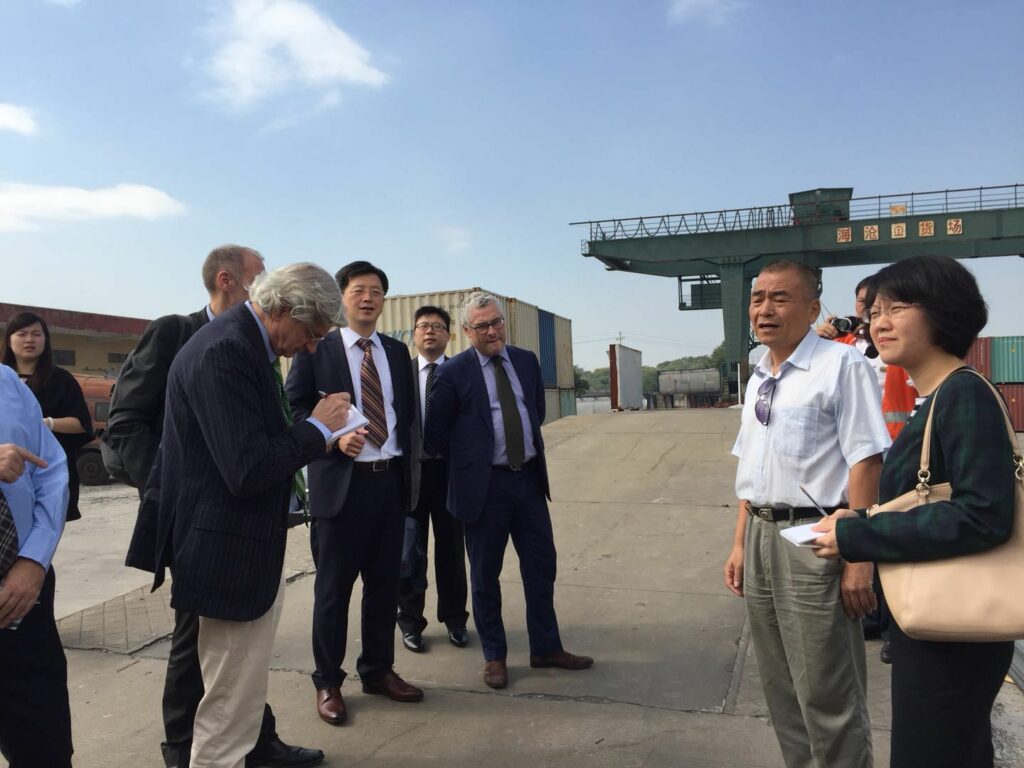

Joël Ruet attends the Hope Foundation Gala Dinner chaired by Irina Bokova during the United Nation’s General Assembly
During the United Nations’ General Assembly in New York, between the 19th and the 25th September 2017, Joël Ruet took part in a working lunch with the Malian President Ibrahim Boubacar Keïta in the Public Library of New York.
The Bridge Tank’s chairman then attended the annual Hope Foundation Dinner Gala on the 19th of September. The Foundation, chaired by Irina Bokova, Director-General of UNESCO and member of the Bridge Tank’s board, awarded to President Keïta a prize for his actions to preserve culture, and notably the Timbuktu manuscripts.
Joël Ruet was also interviewed at this occasion by the Moroccan Press Agency, and said that this prize rewarded years of effort in Morocco and its region. He added that the opening of Morocco to Africa demonstrated the King’s understanding of sustainable development and social integration challenges, both in the kingdom and in the region.
Watch his interview here.

